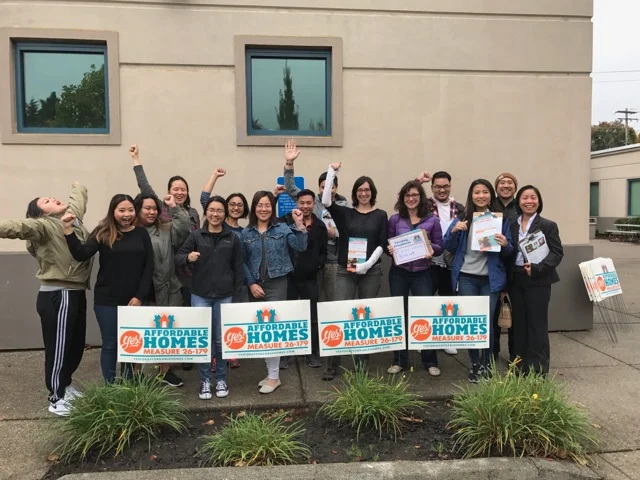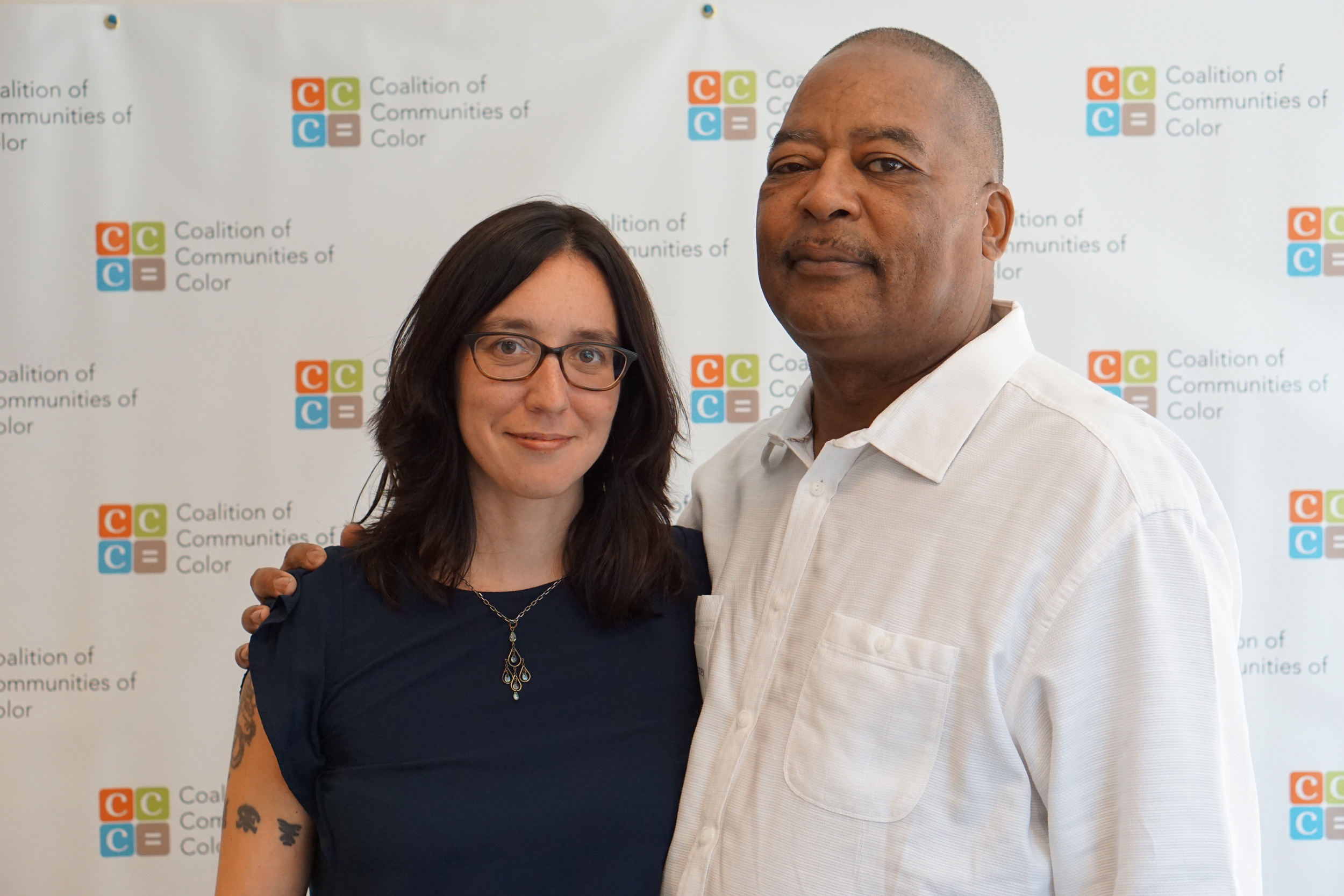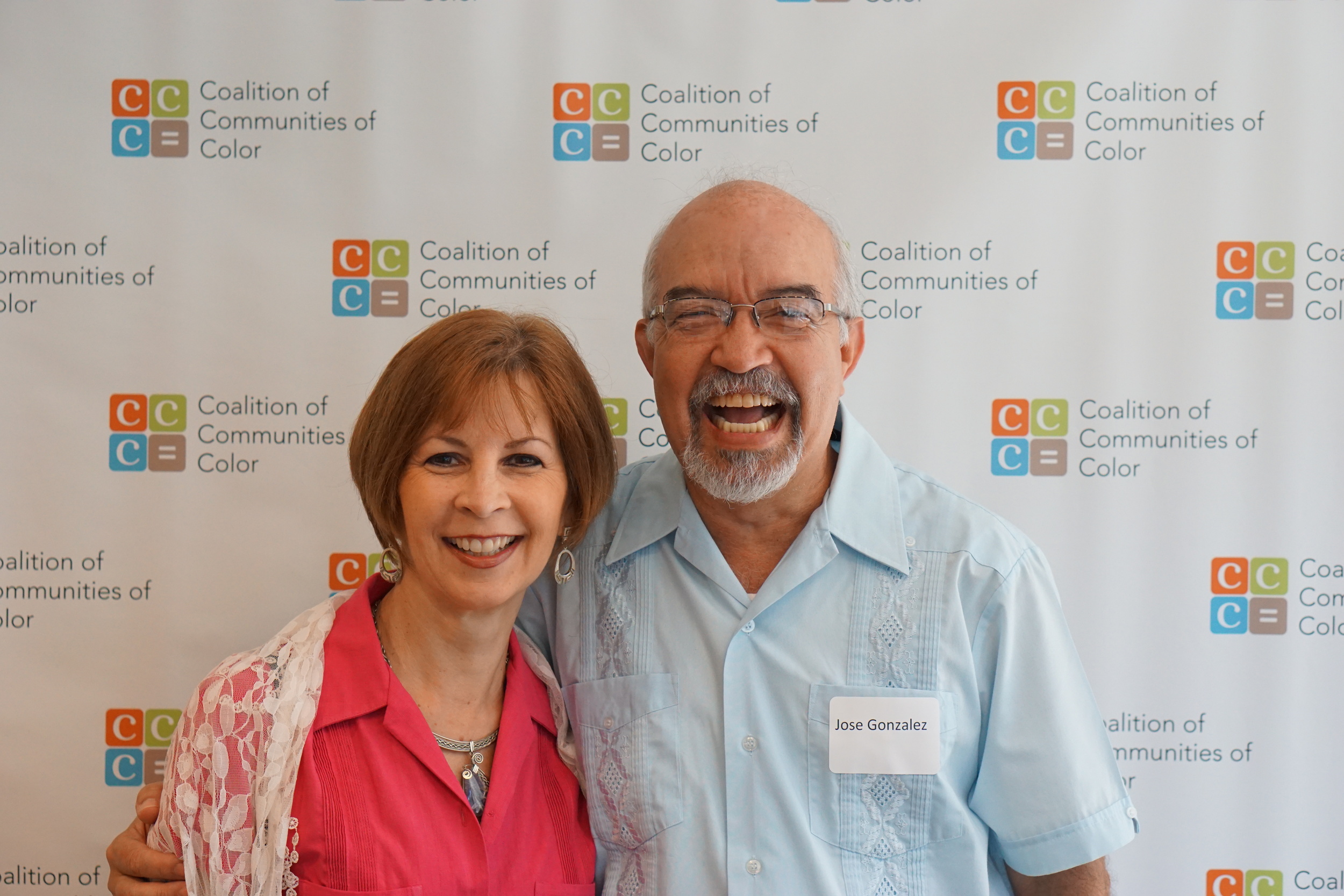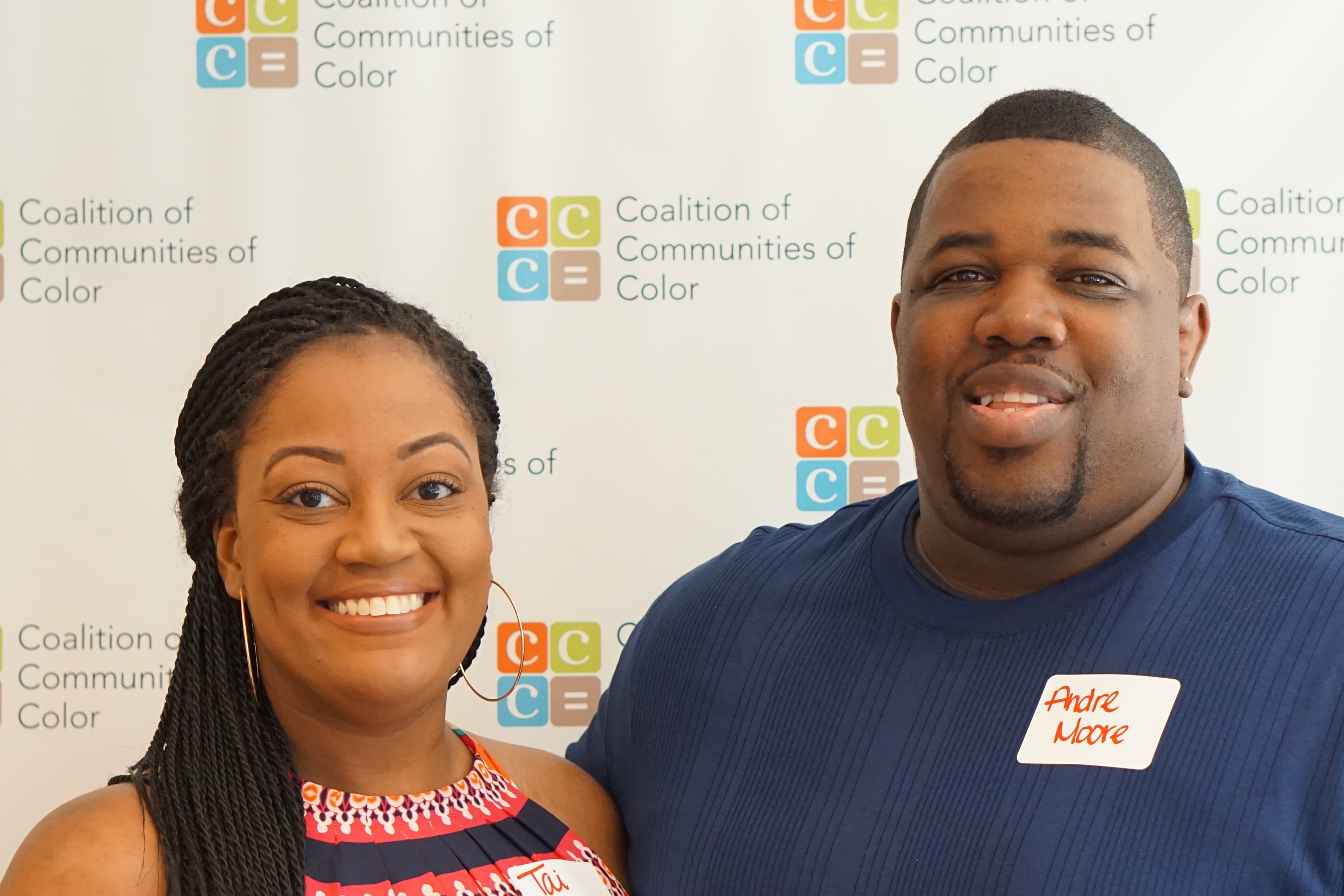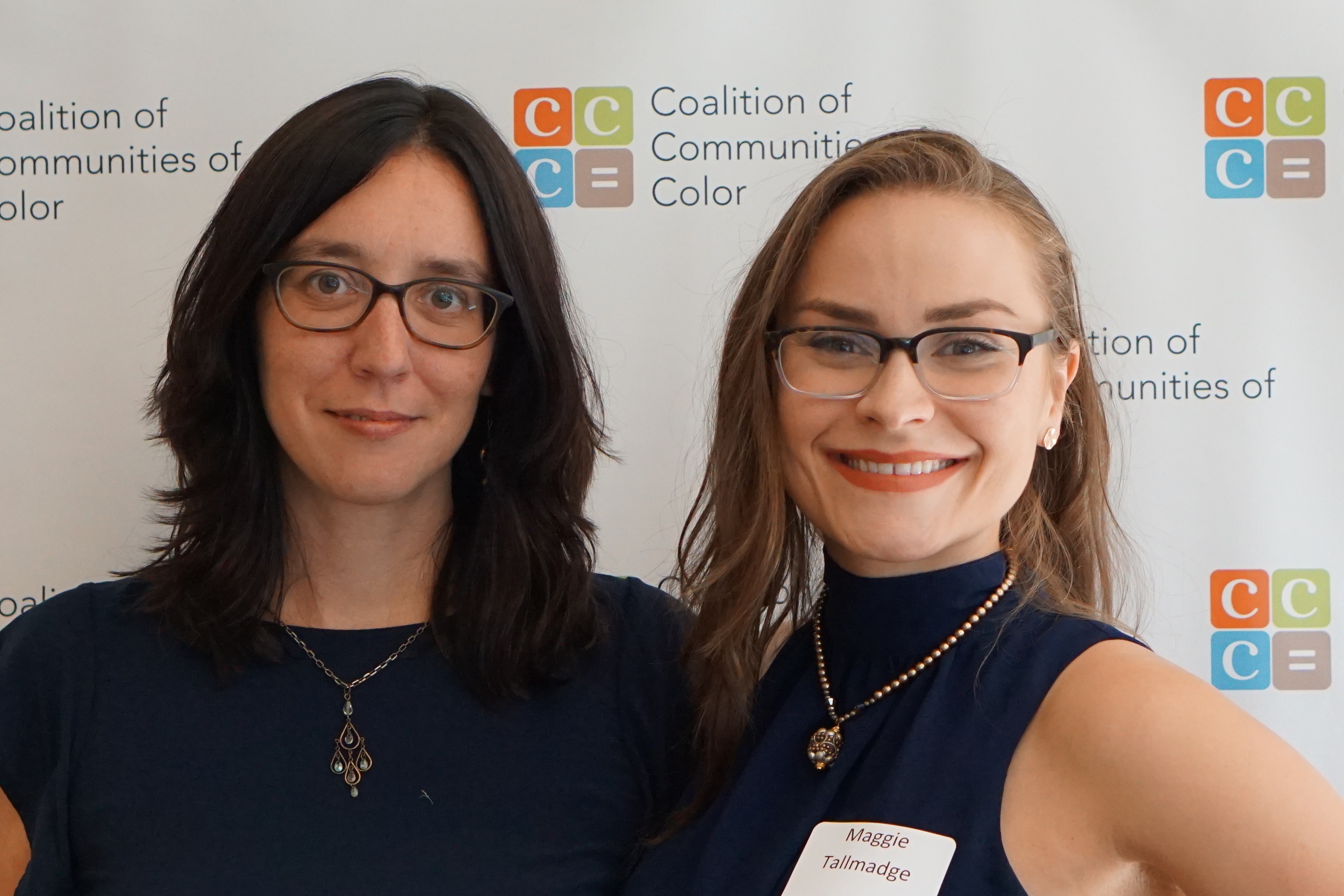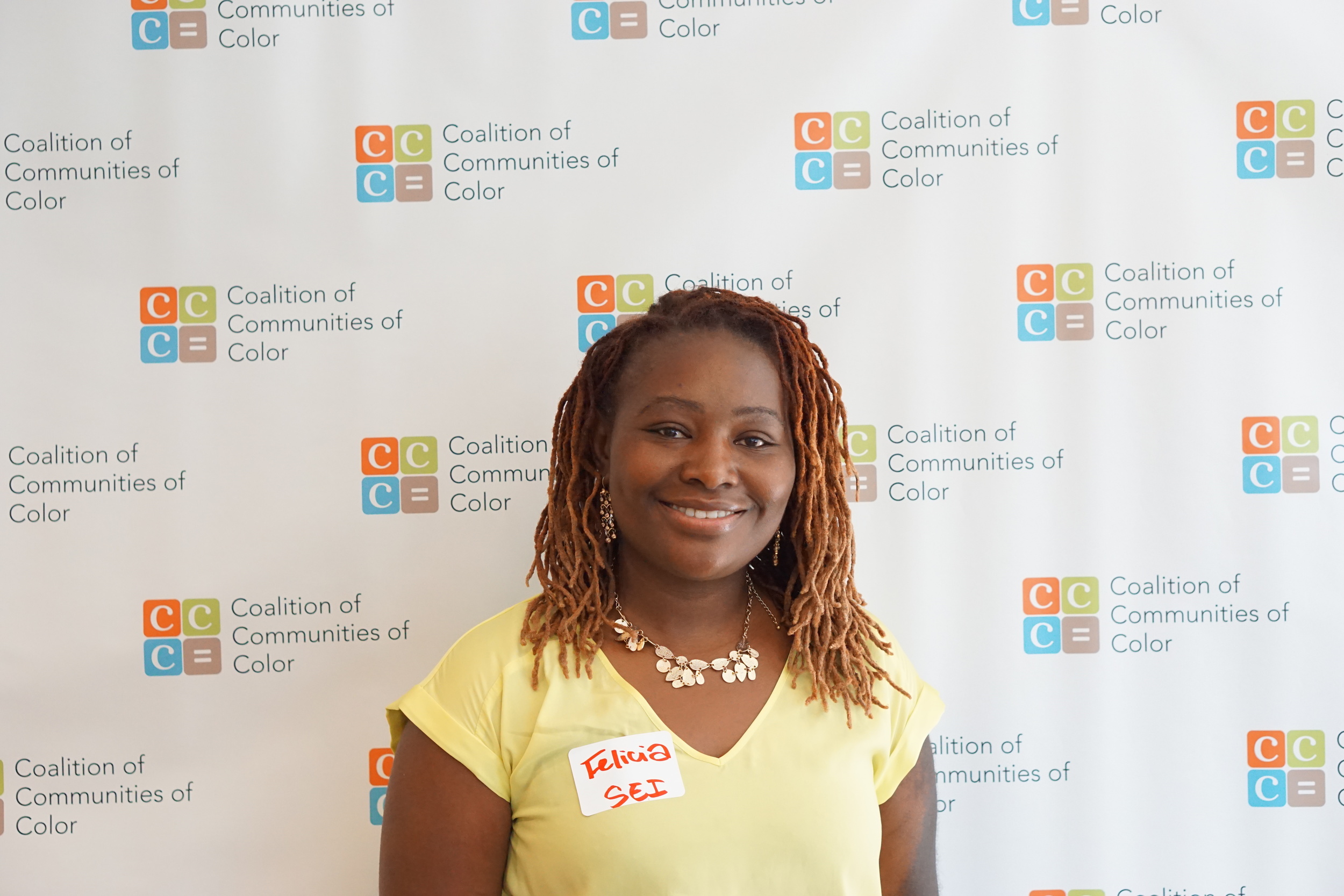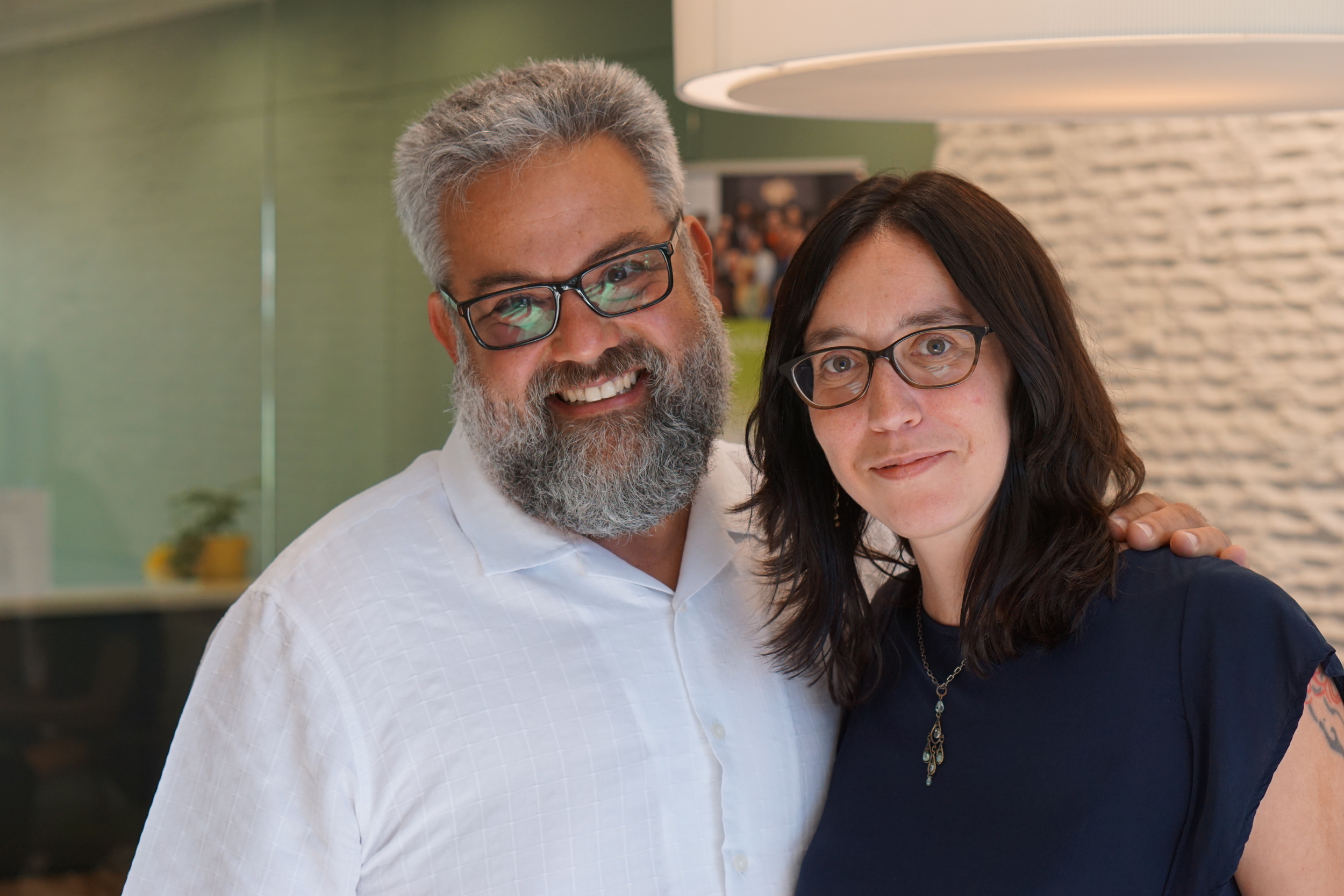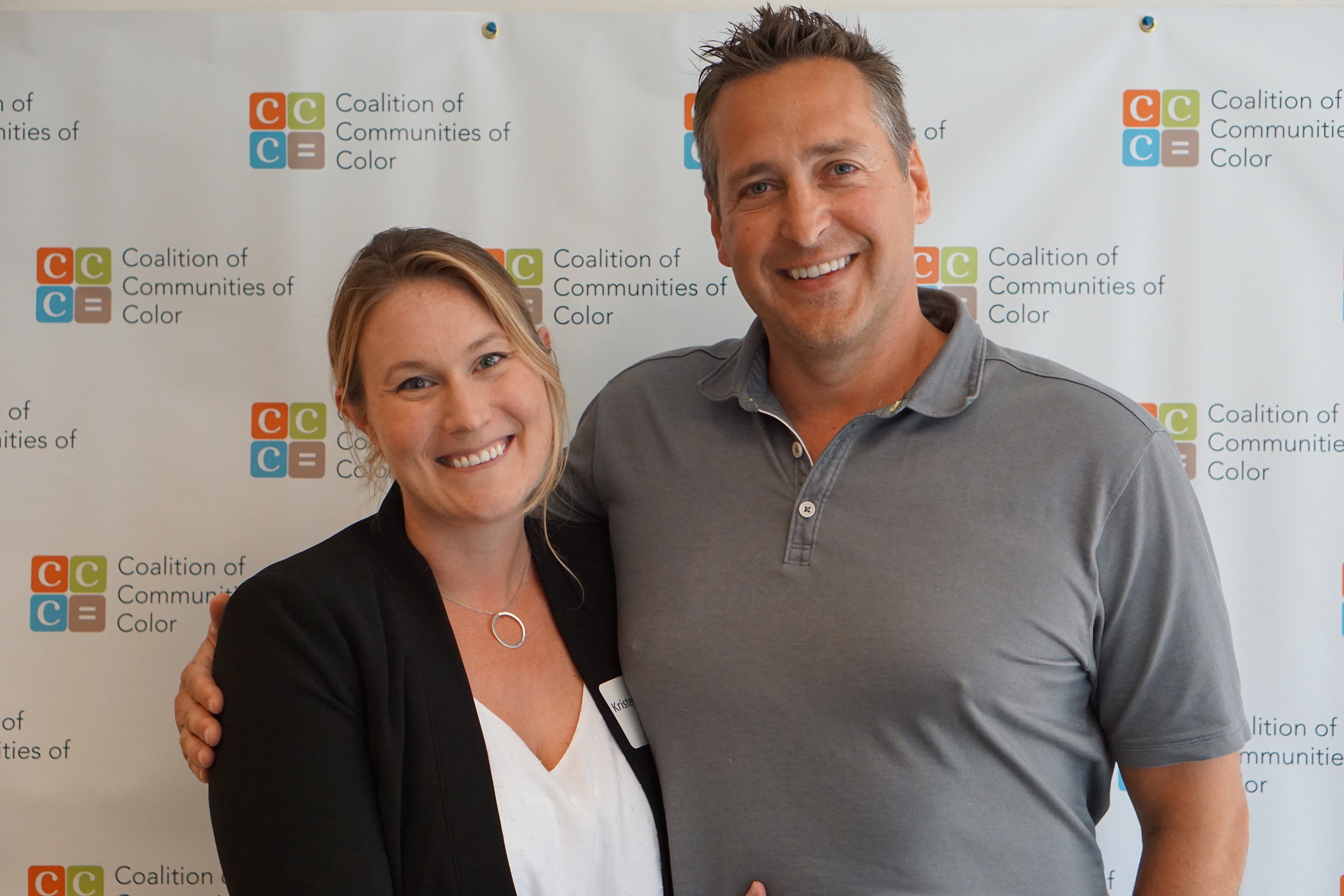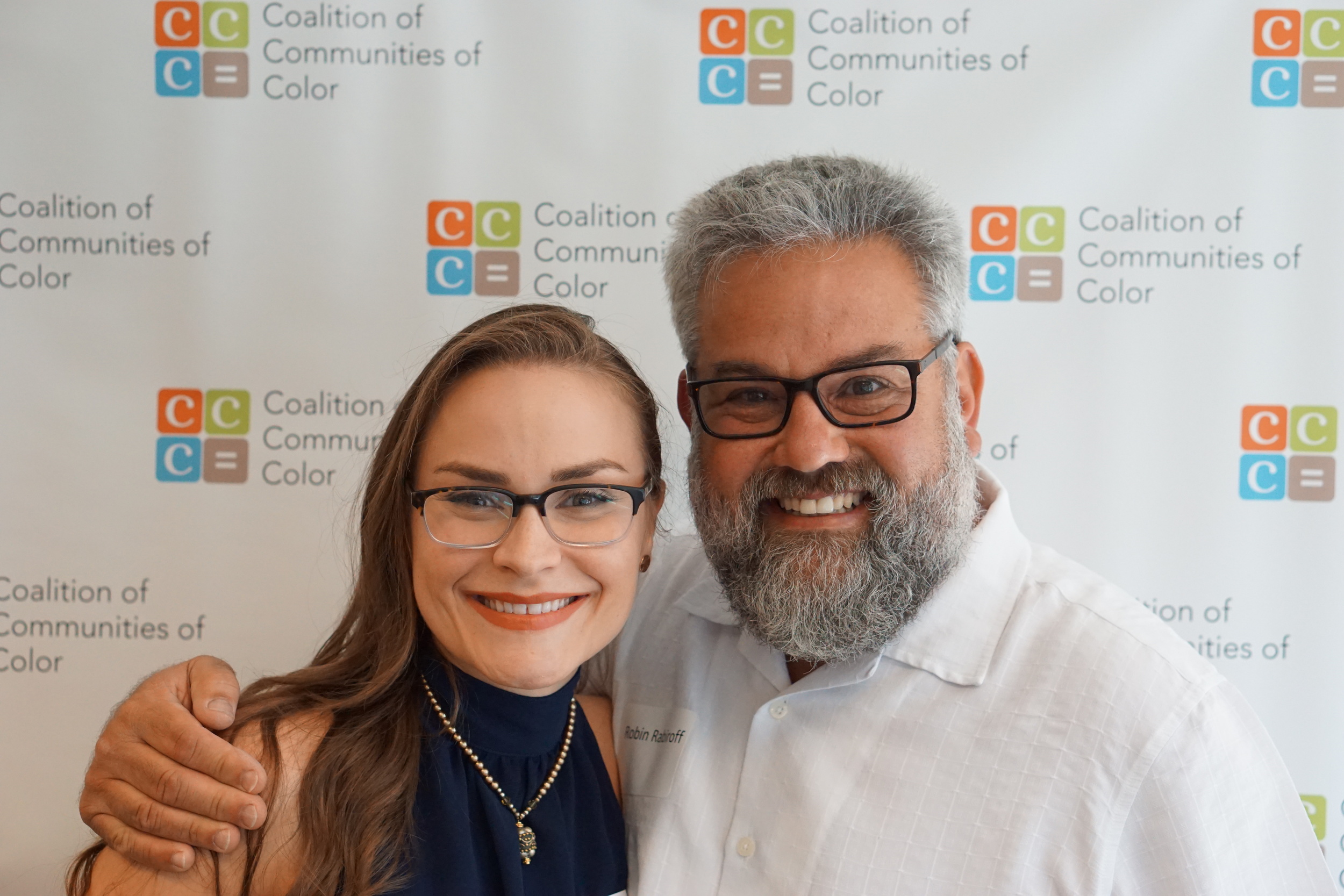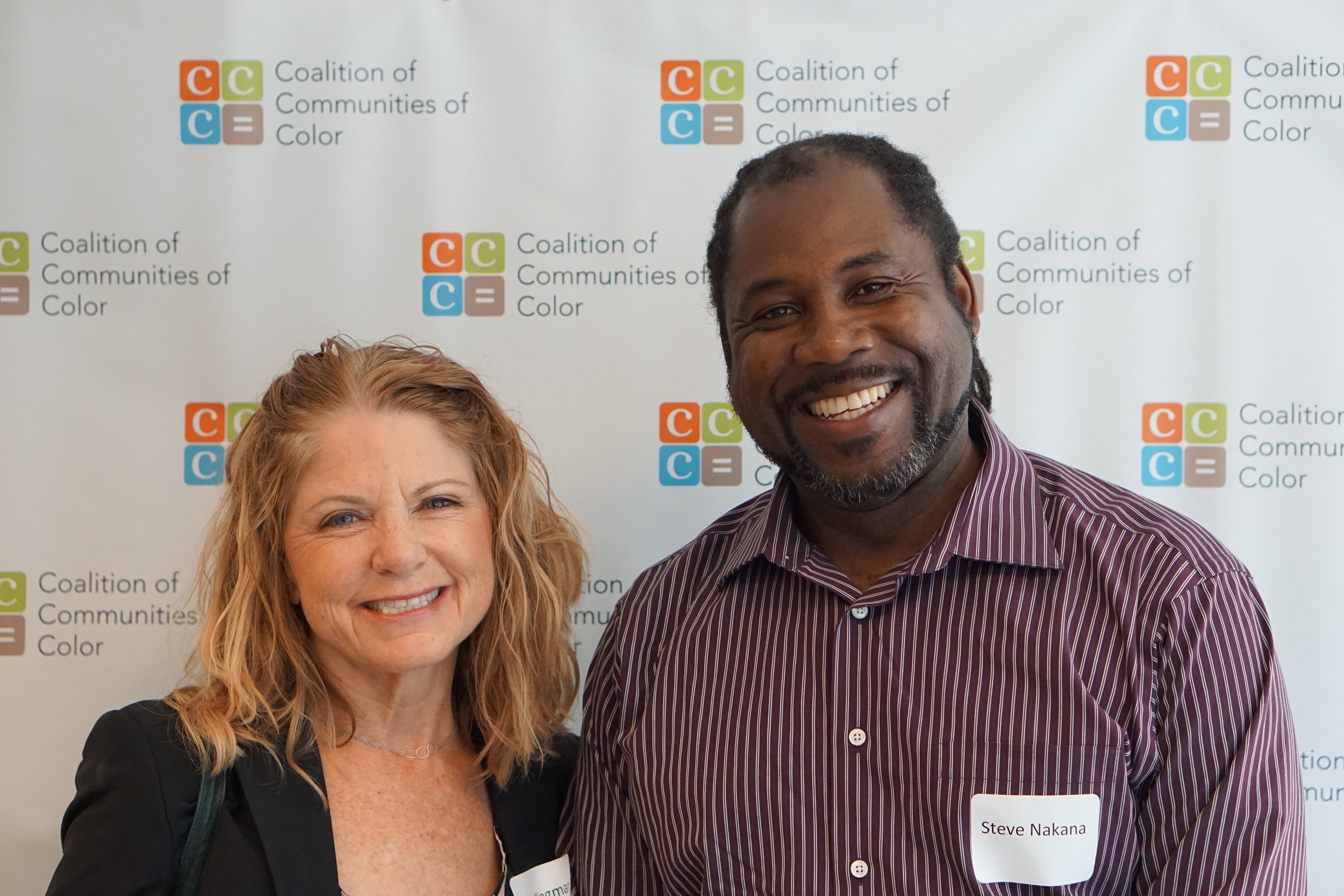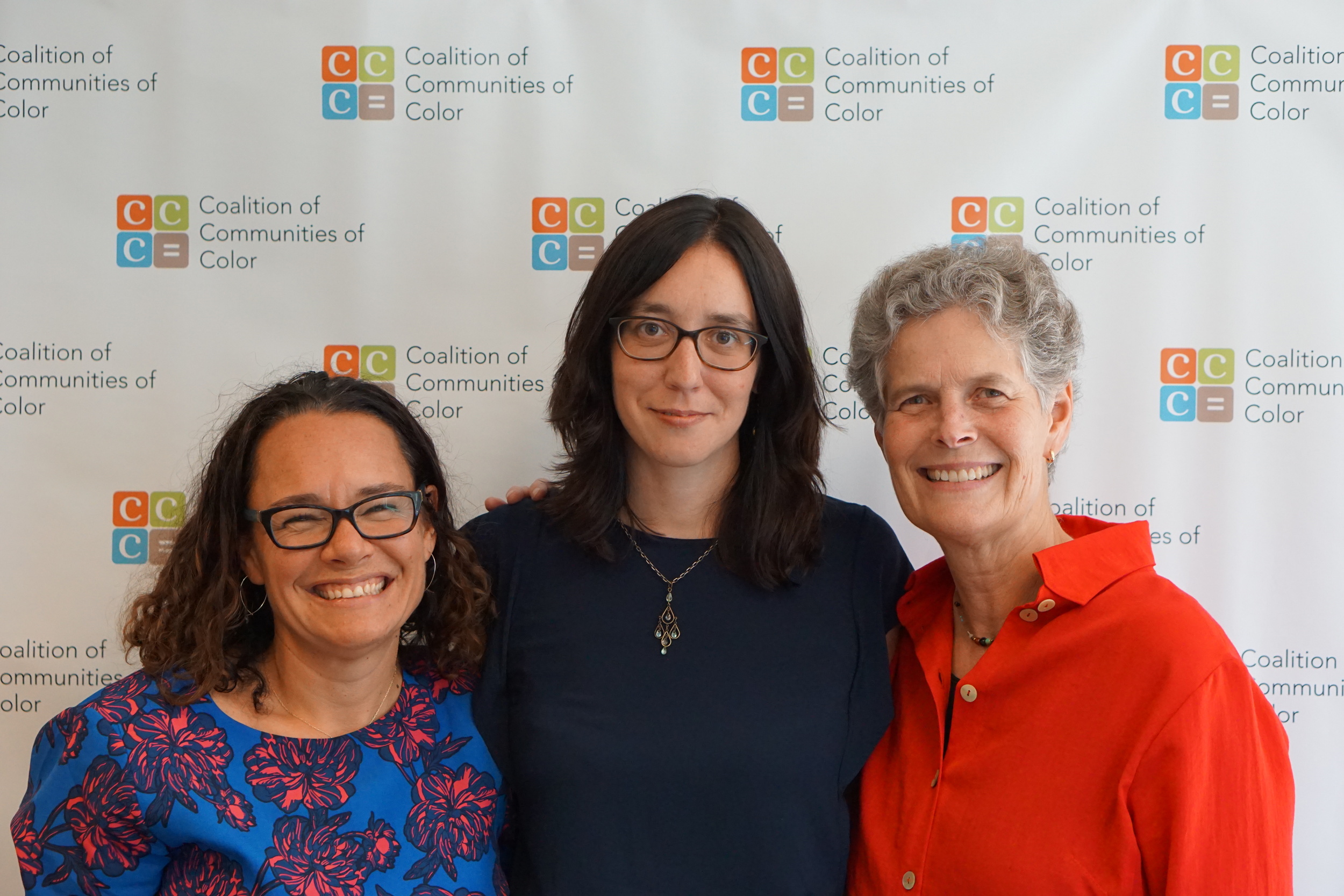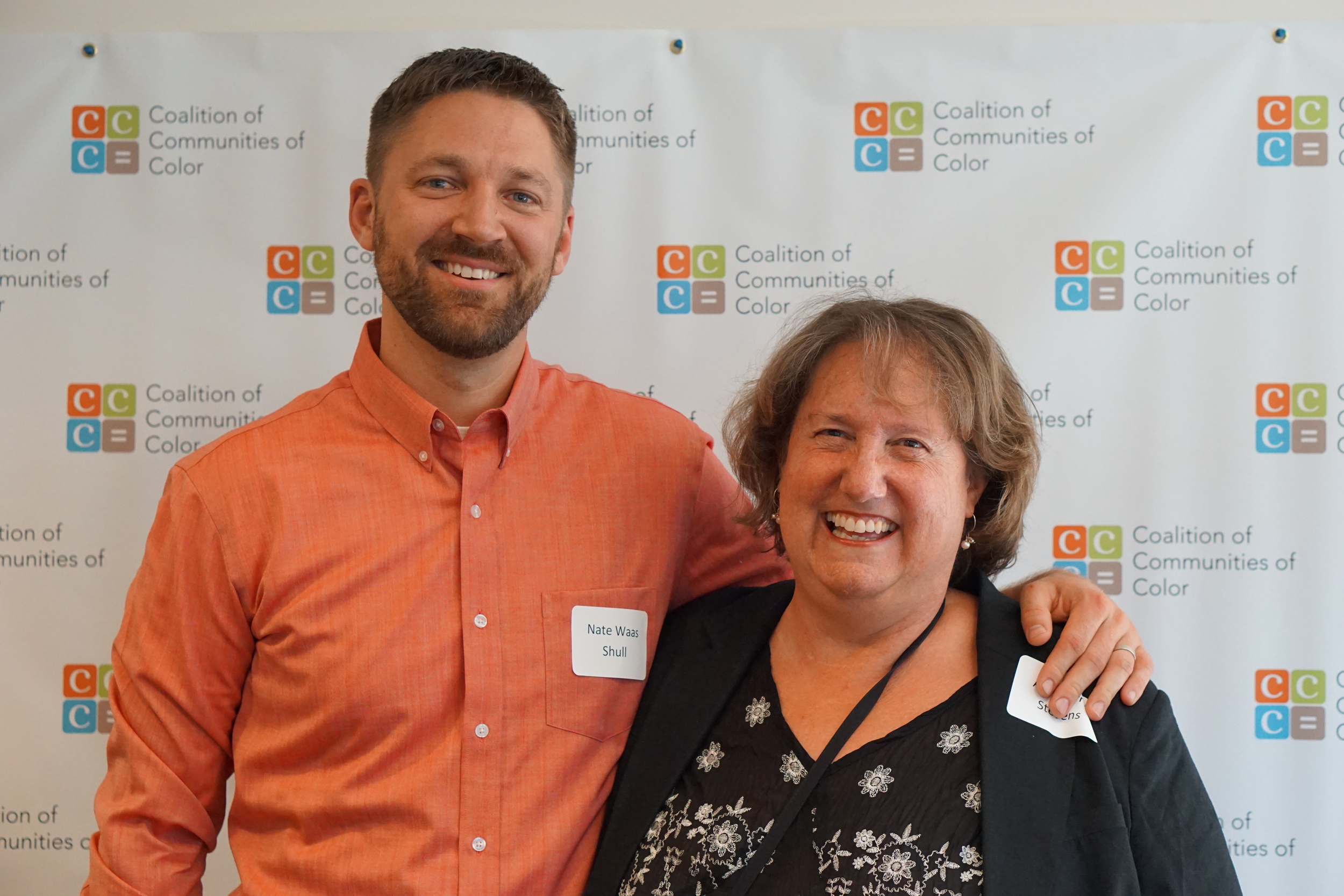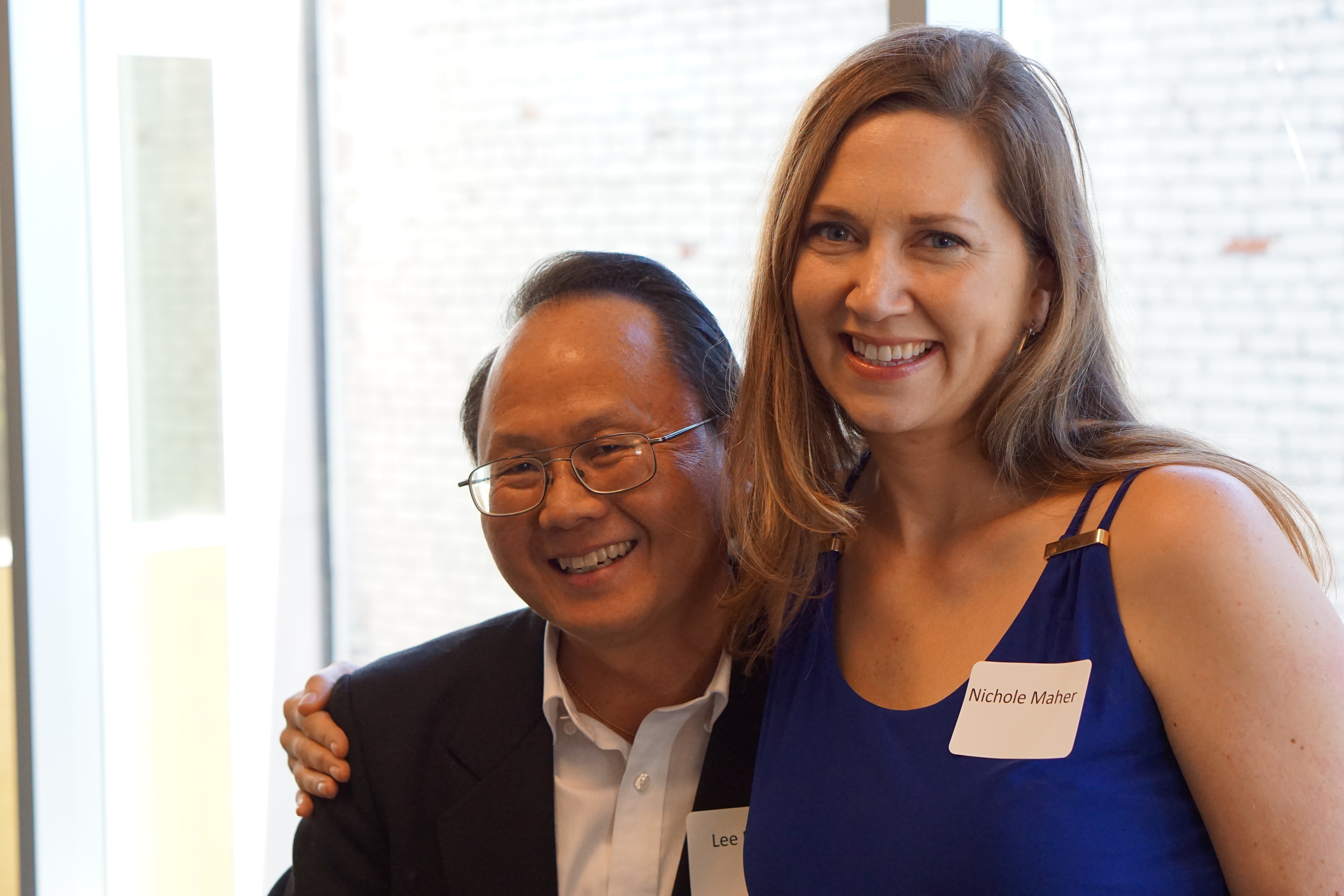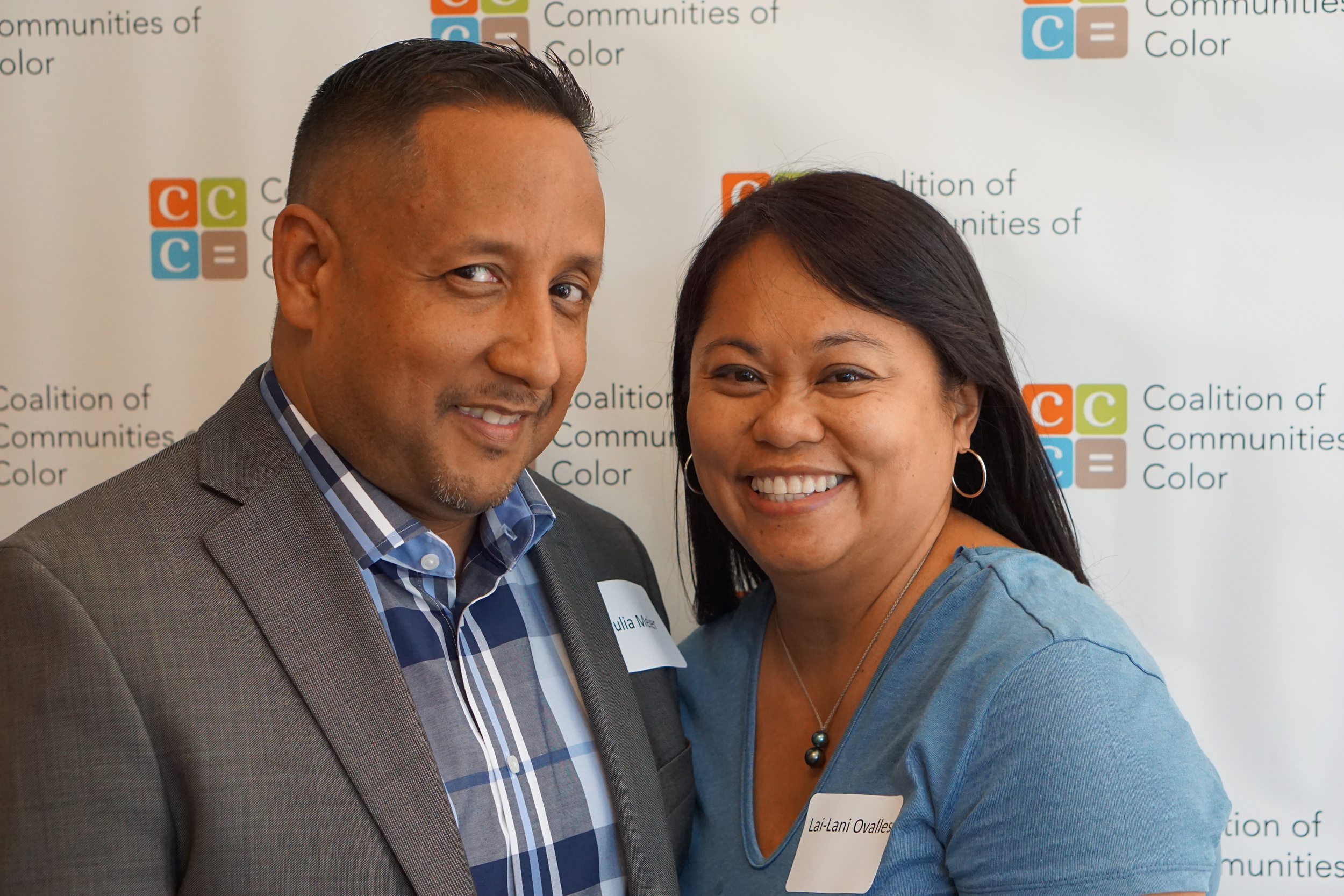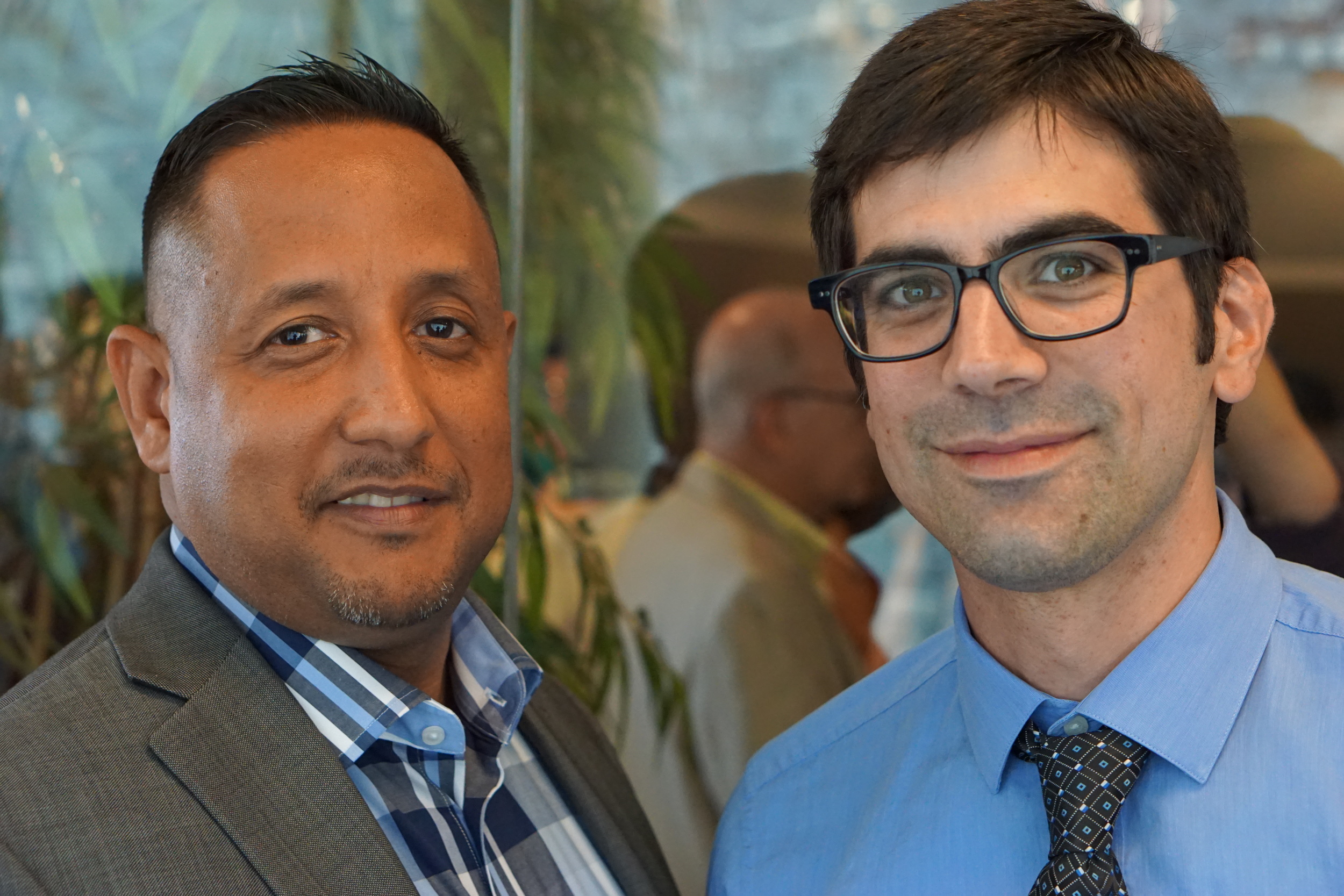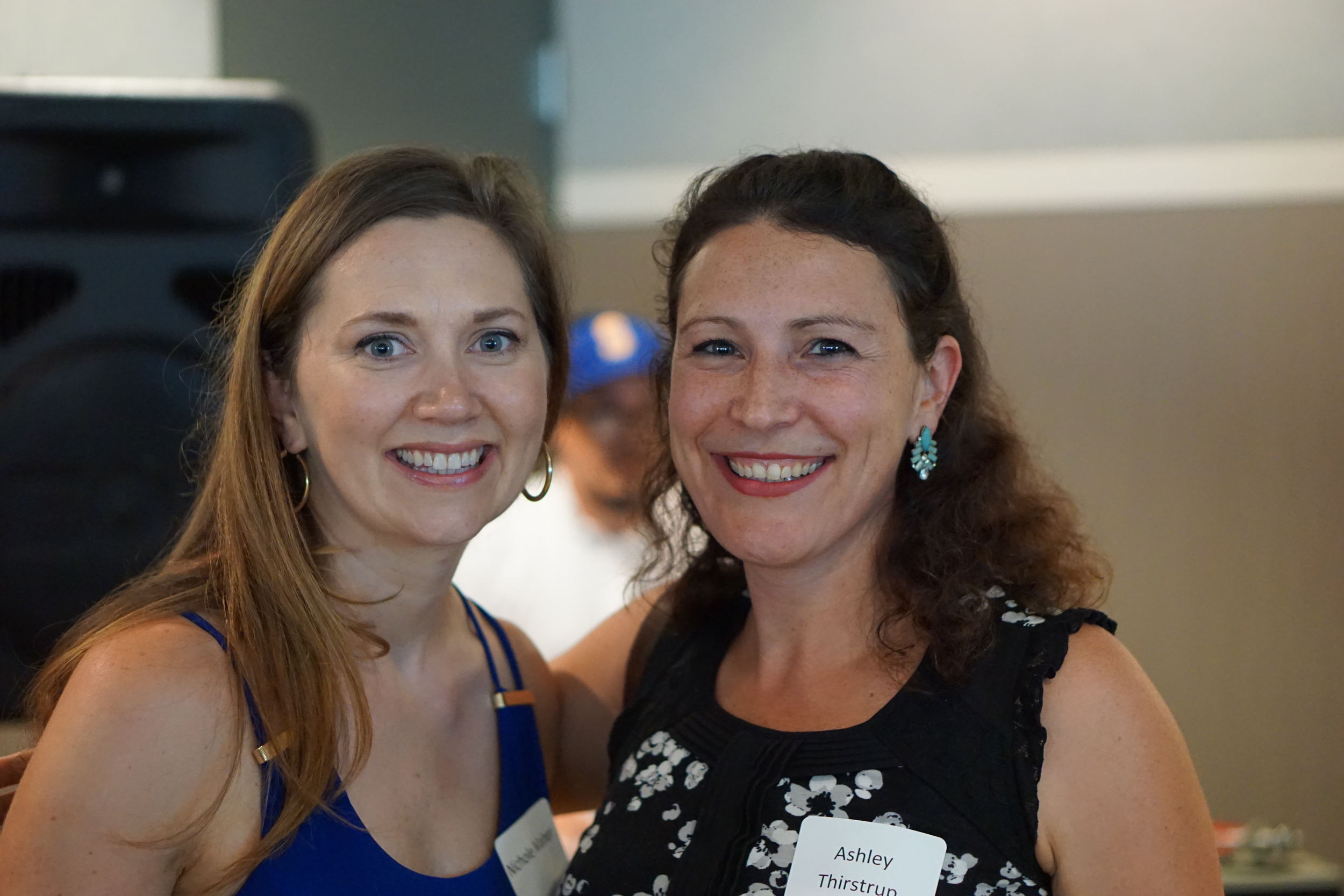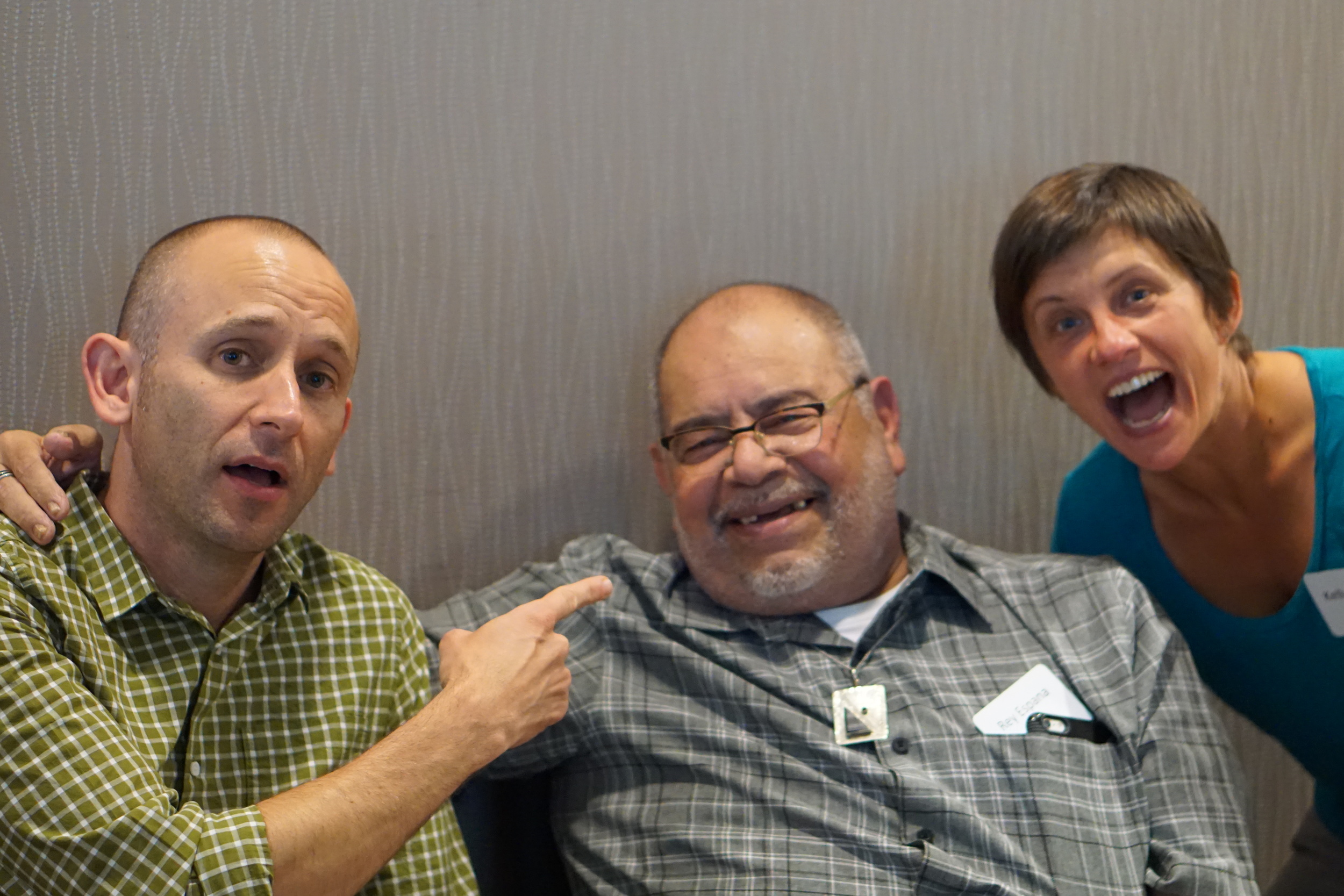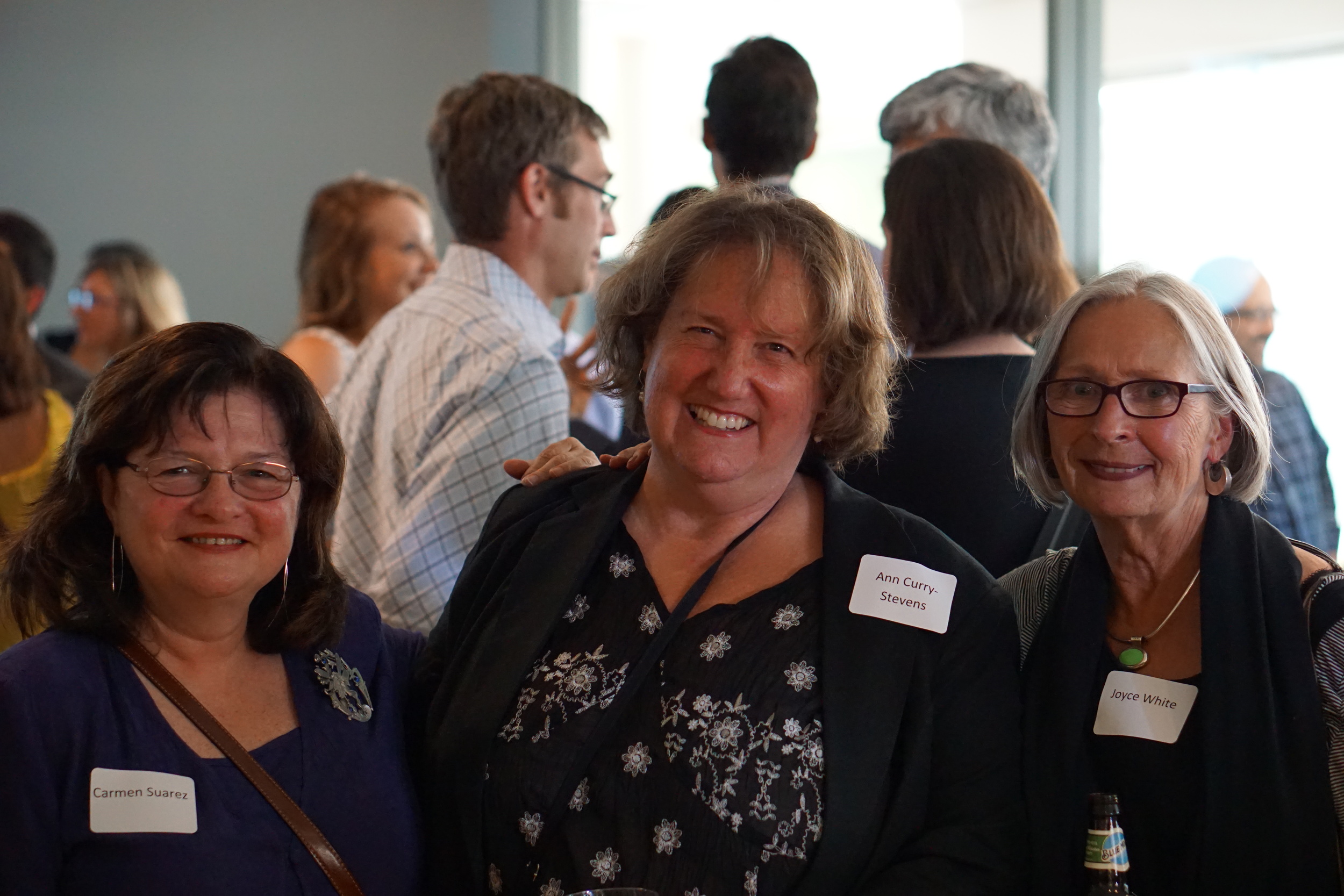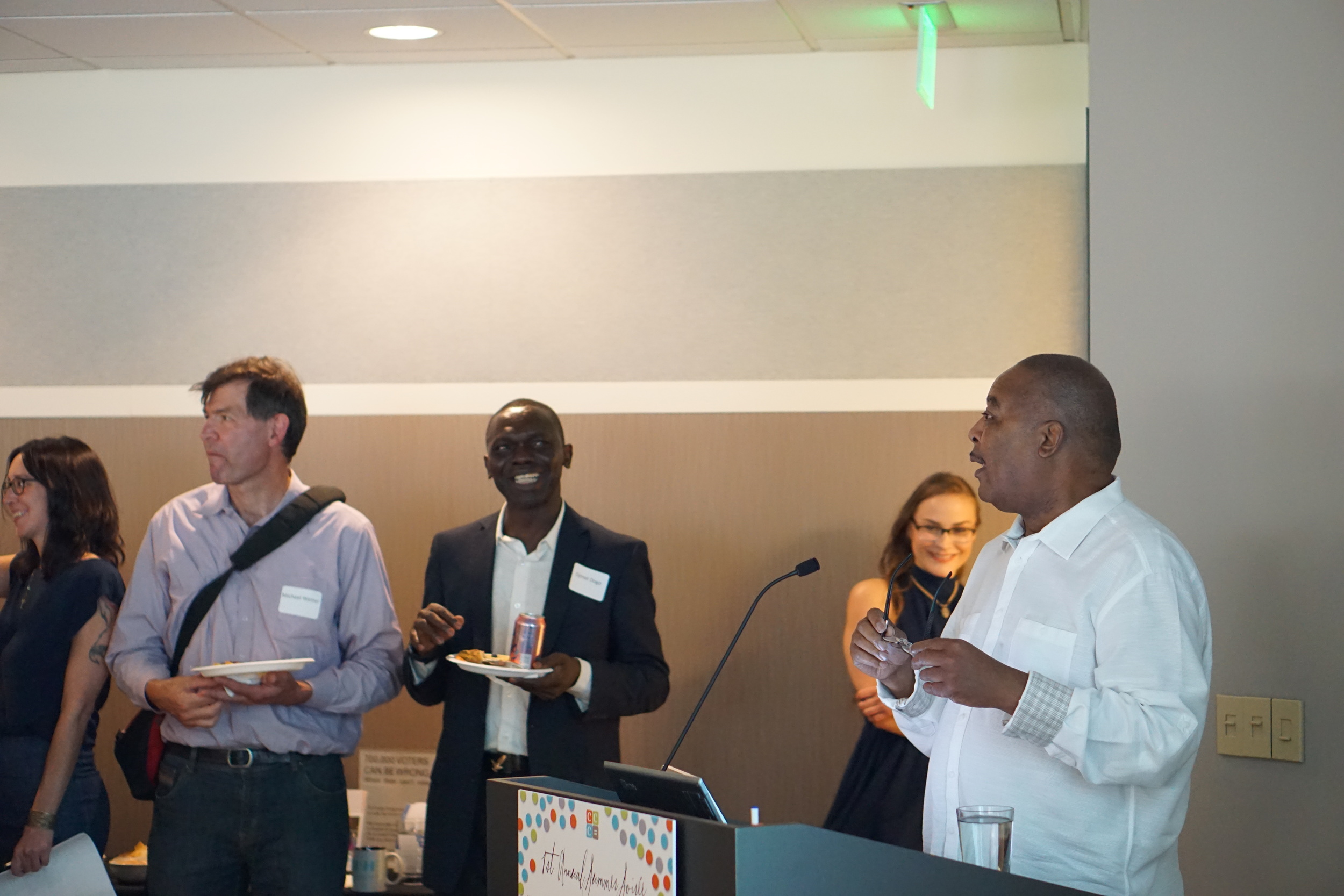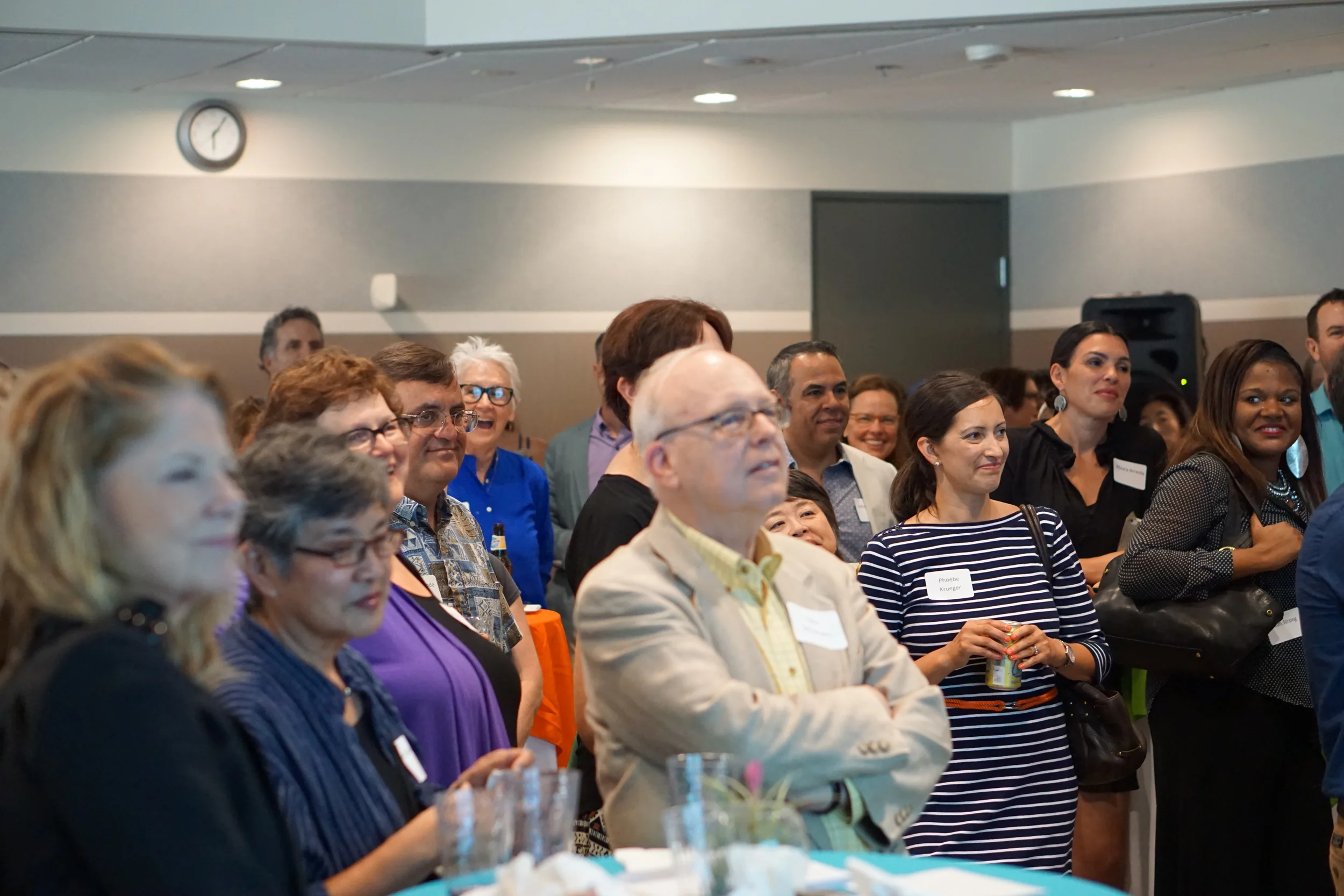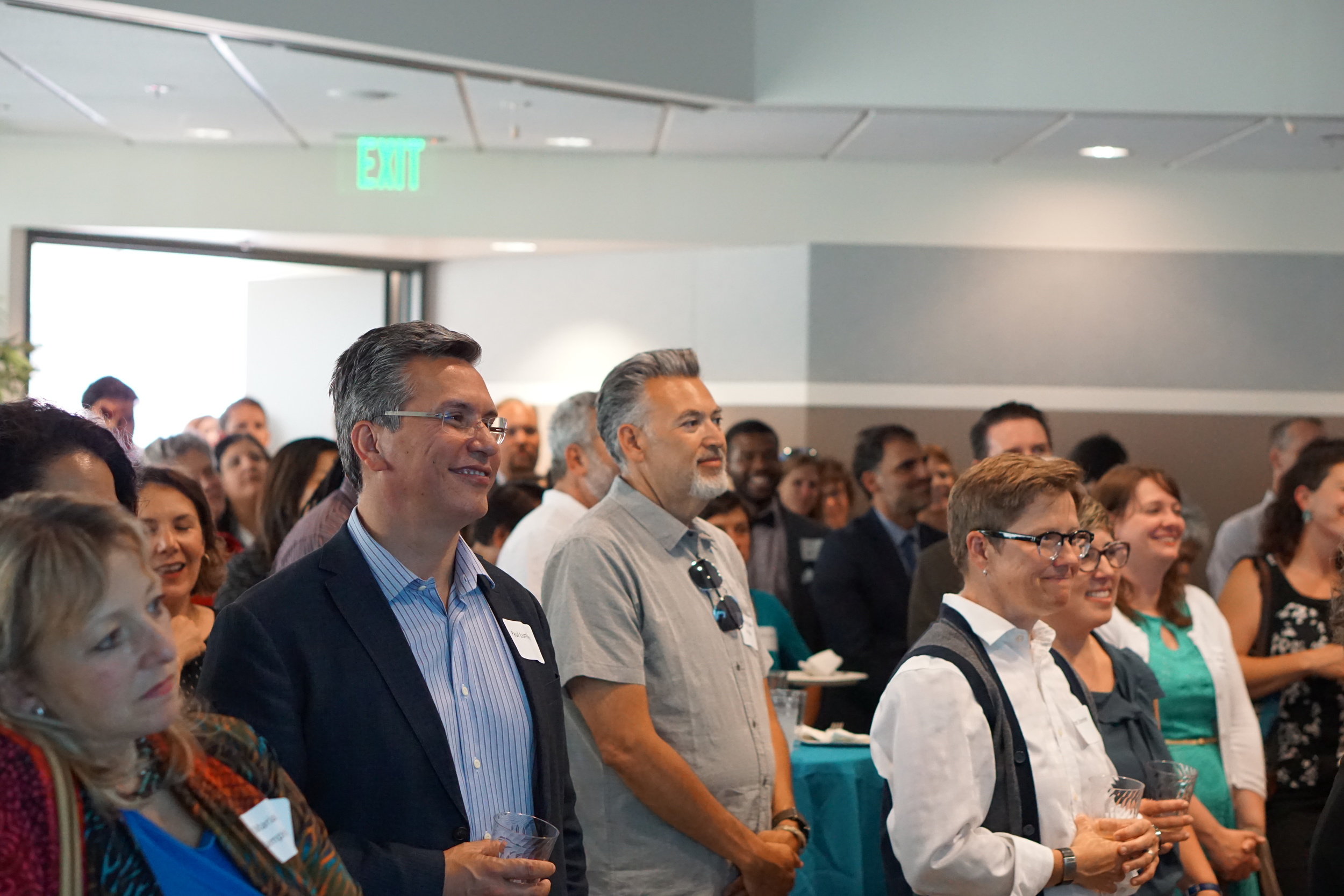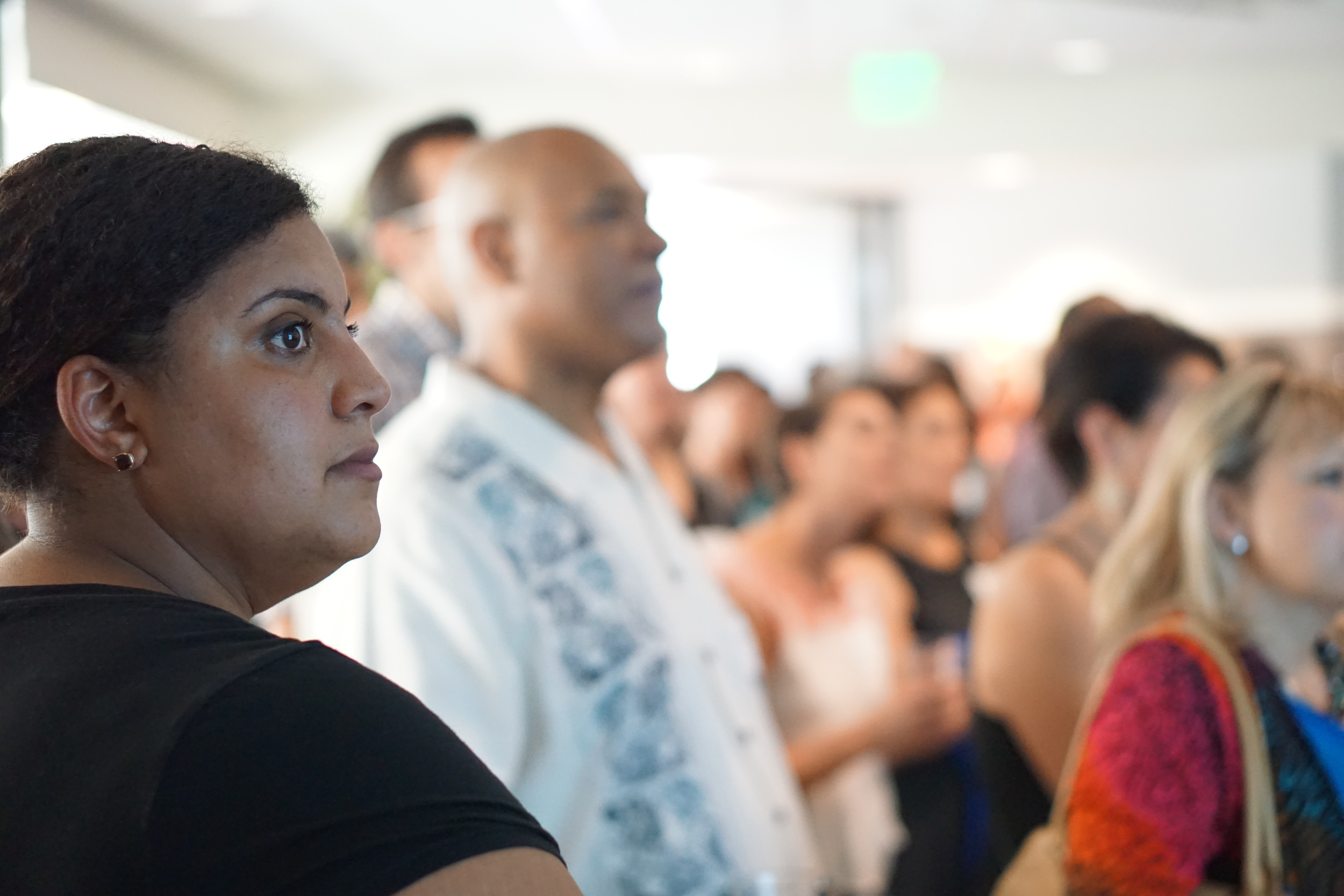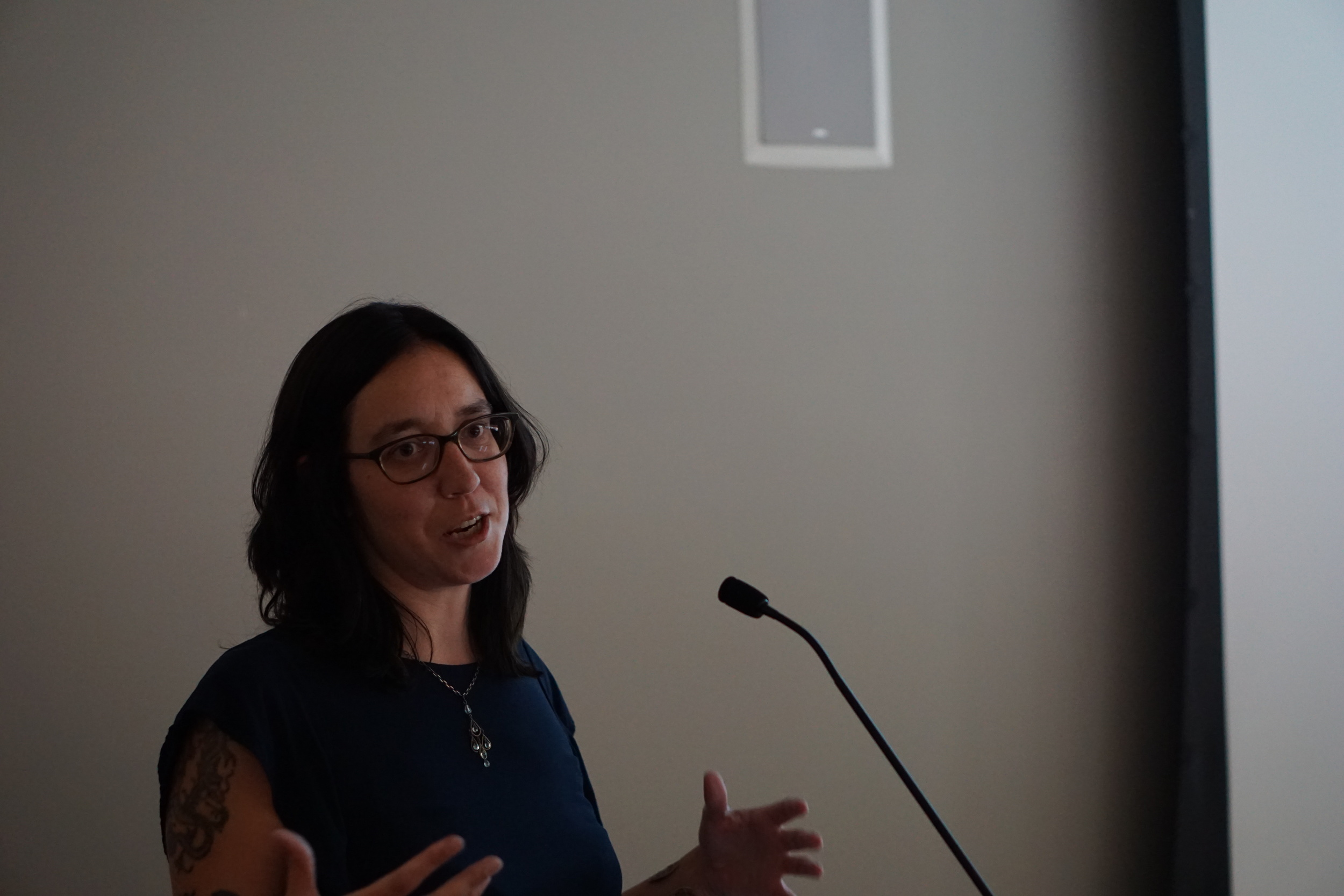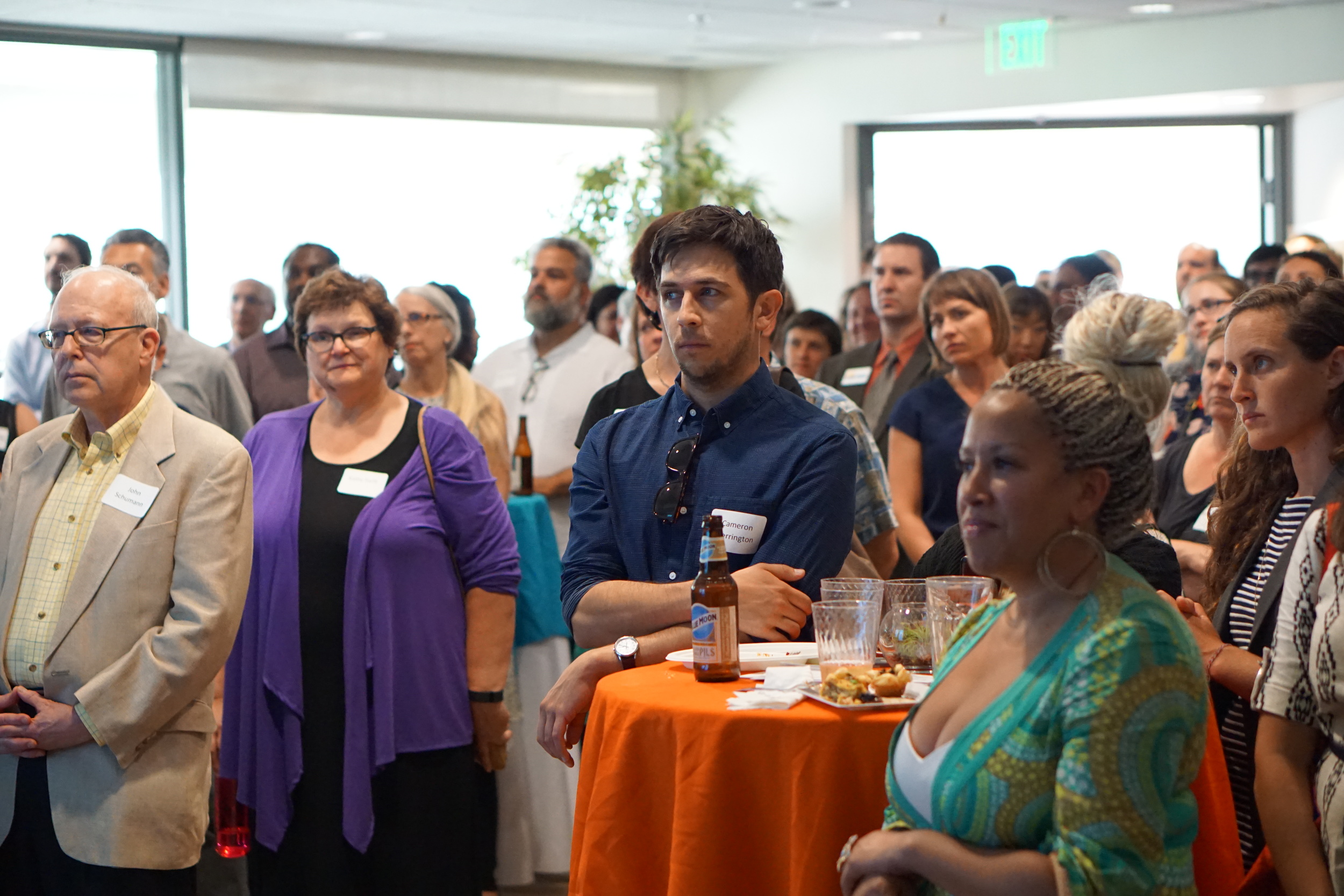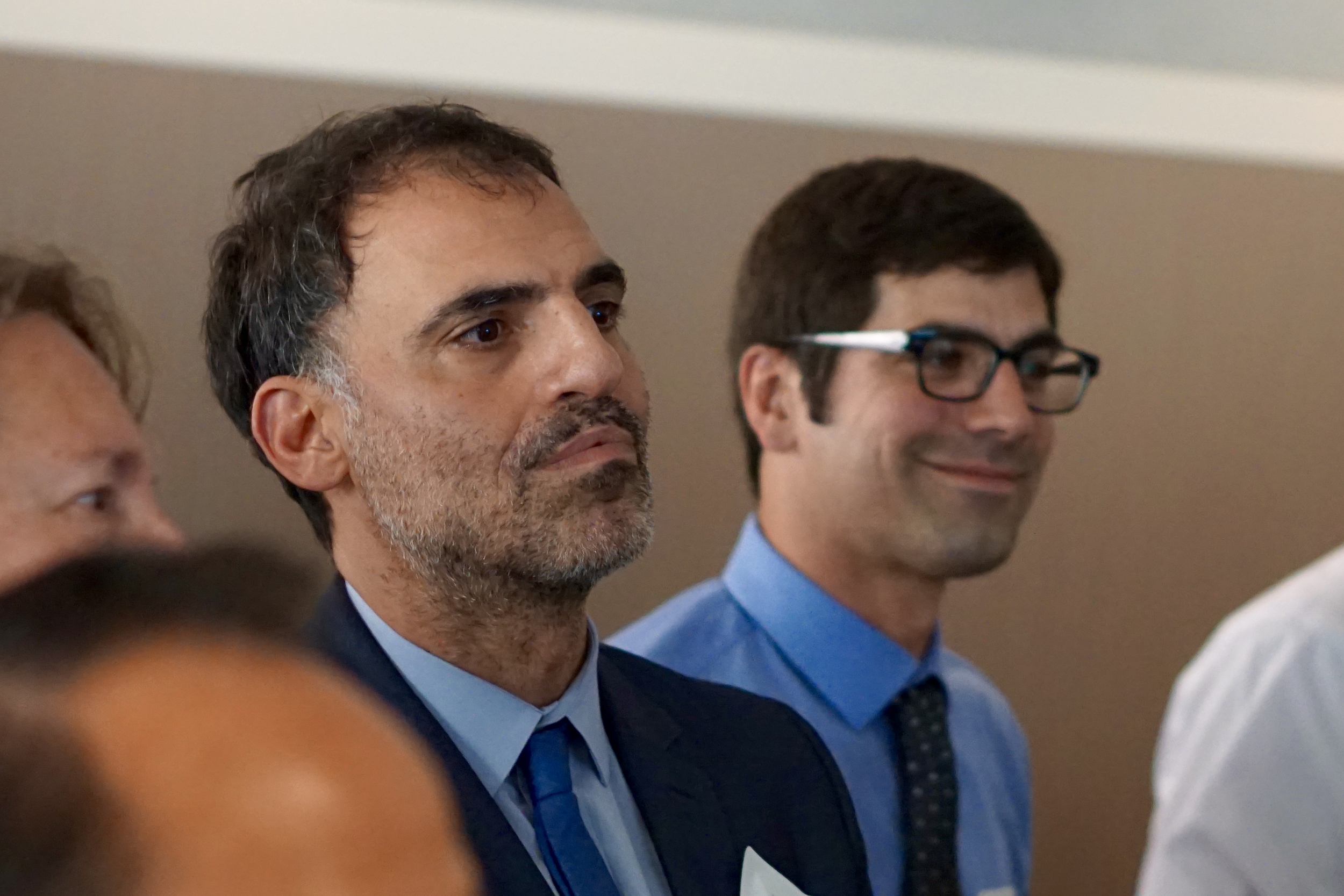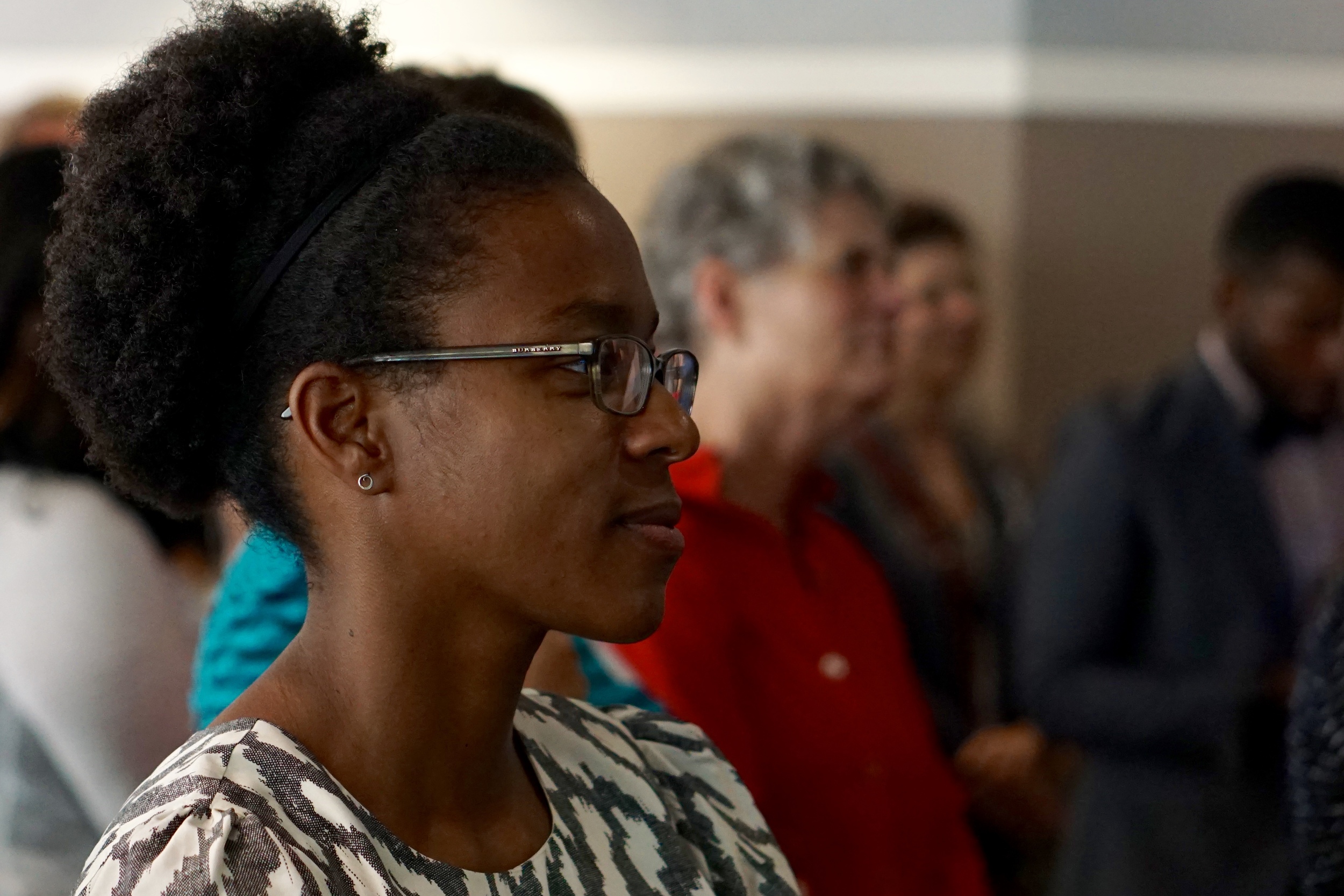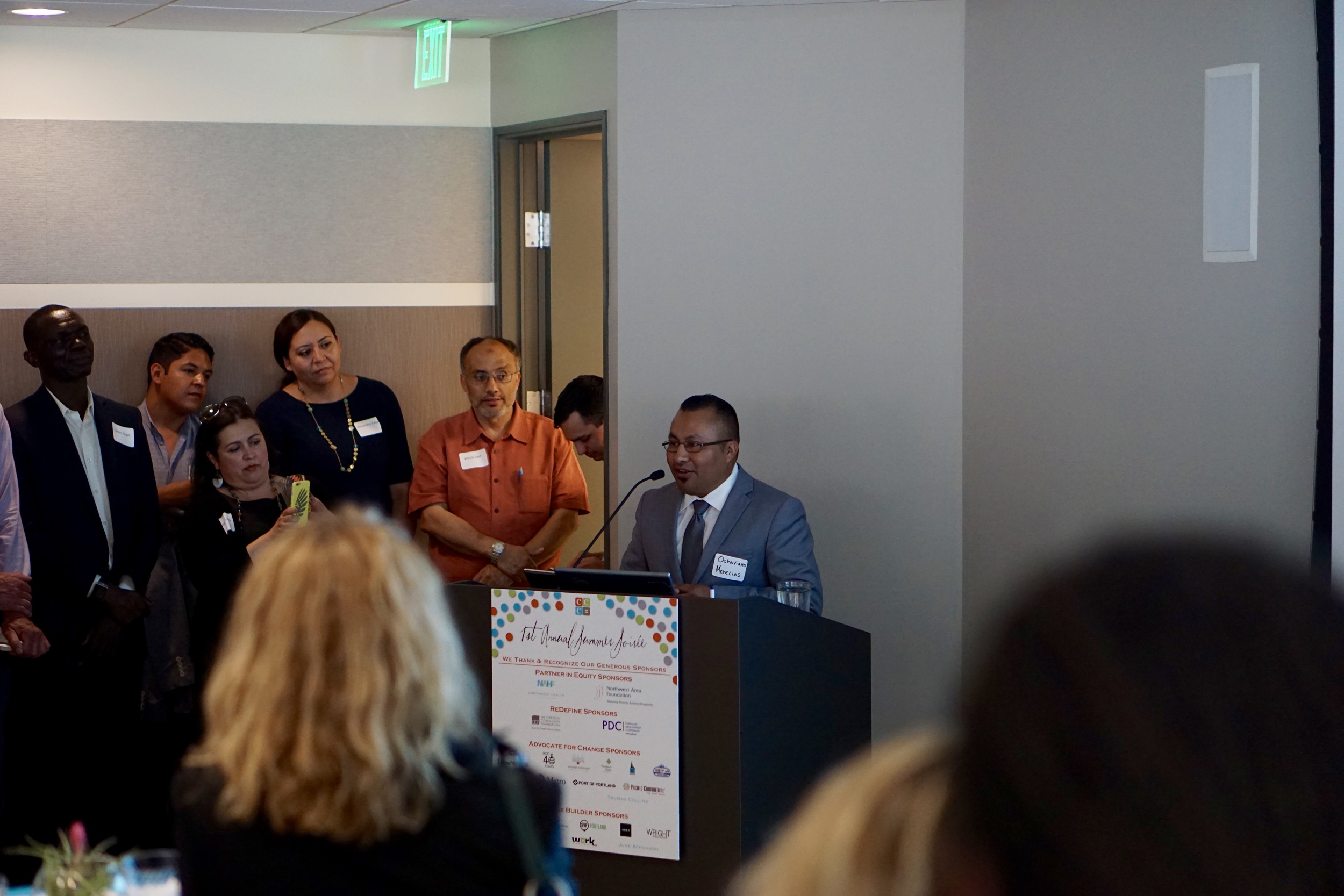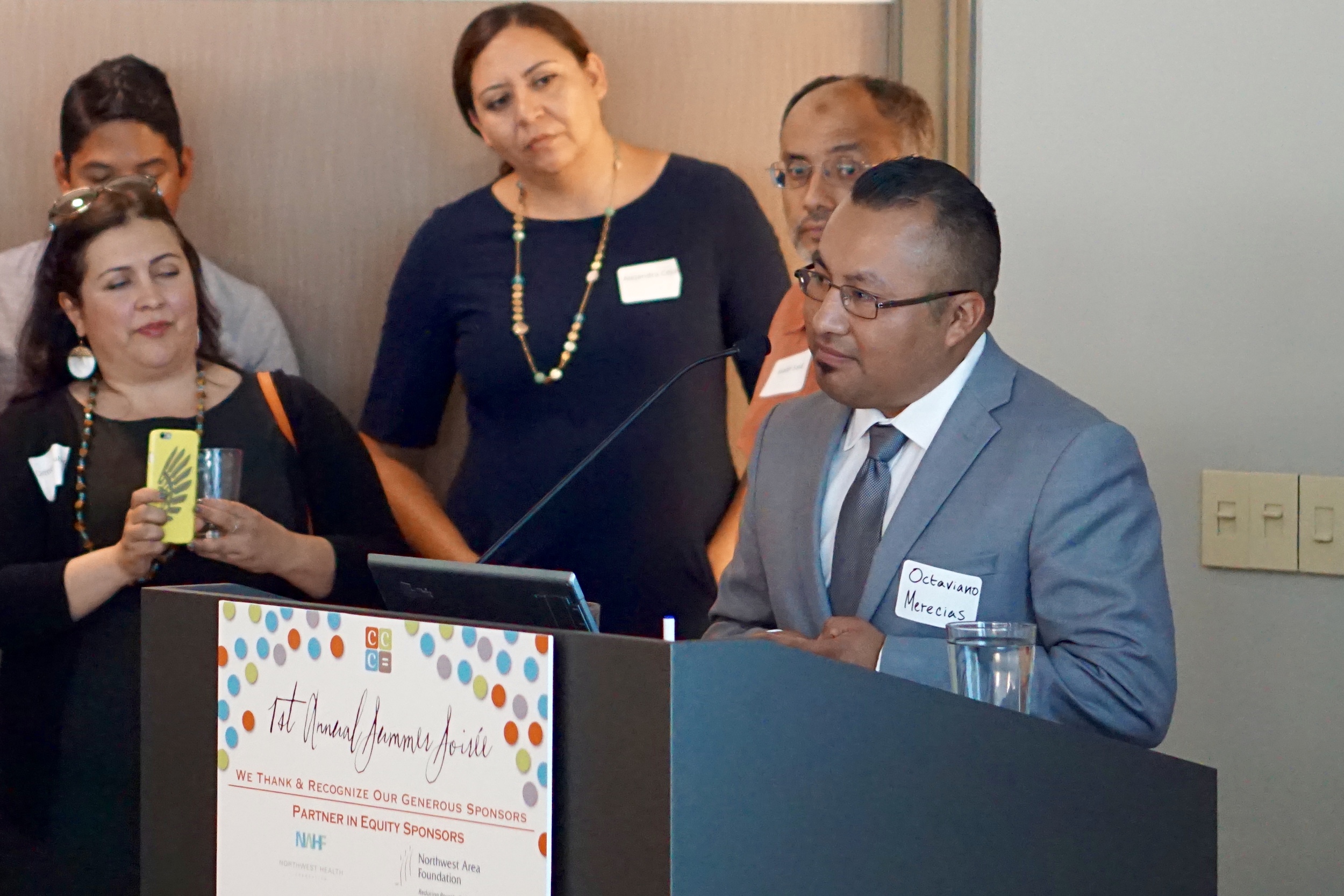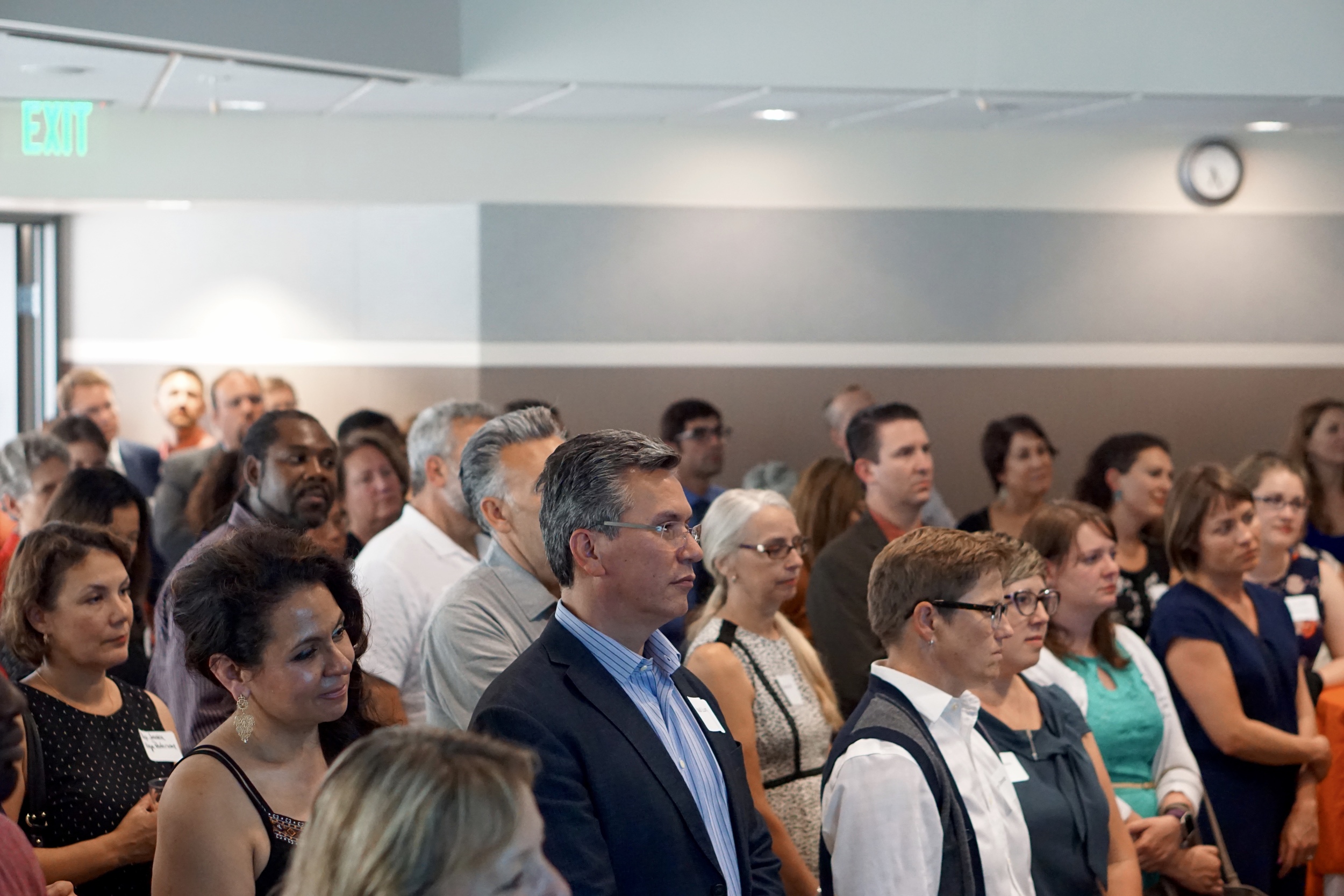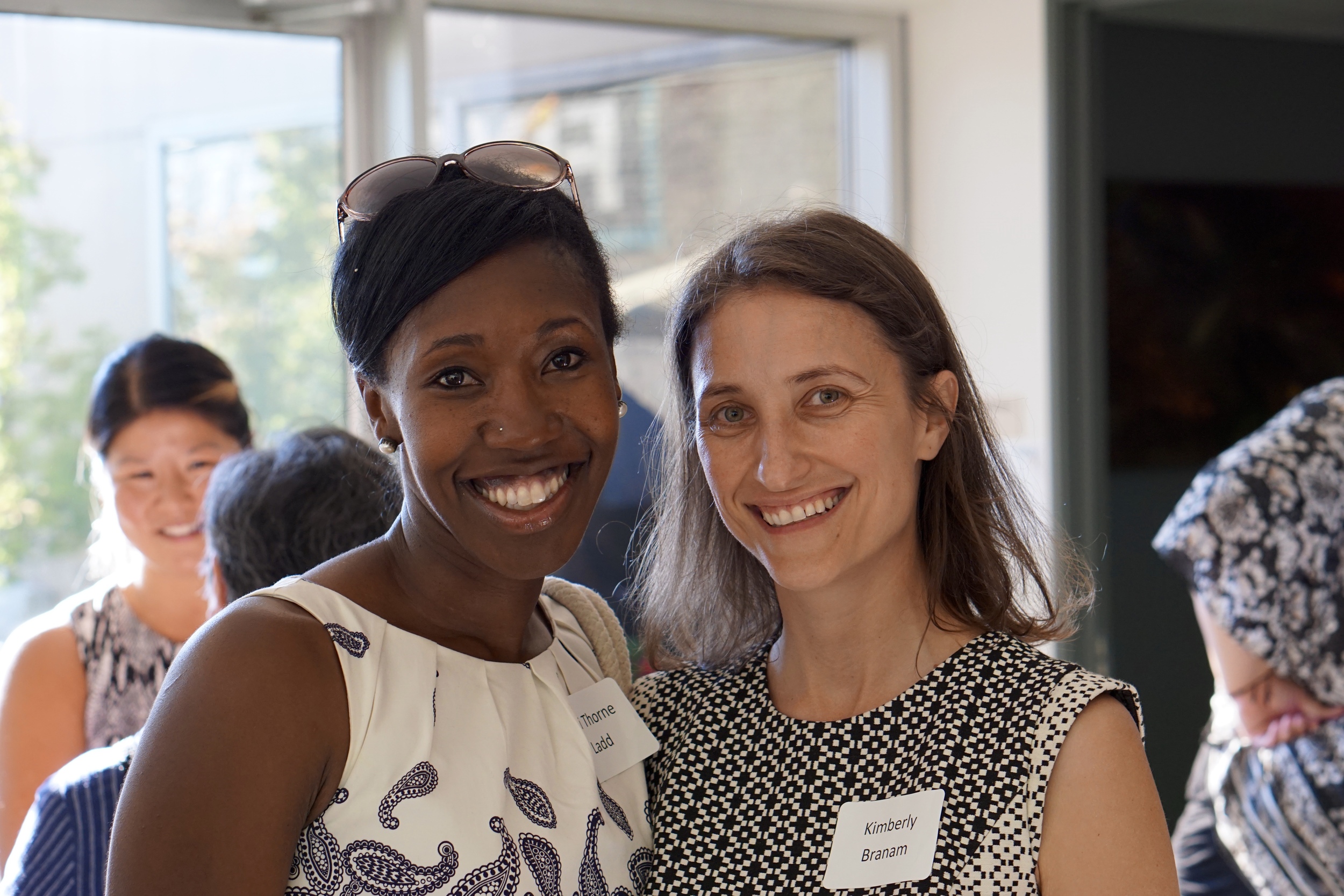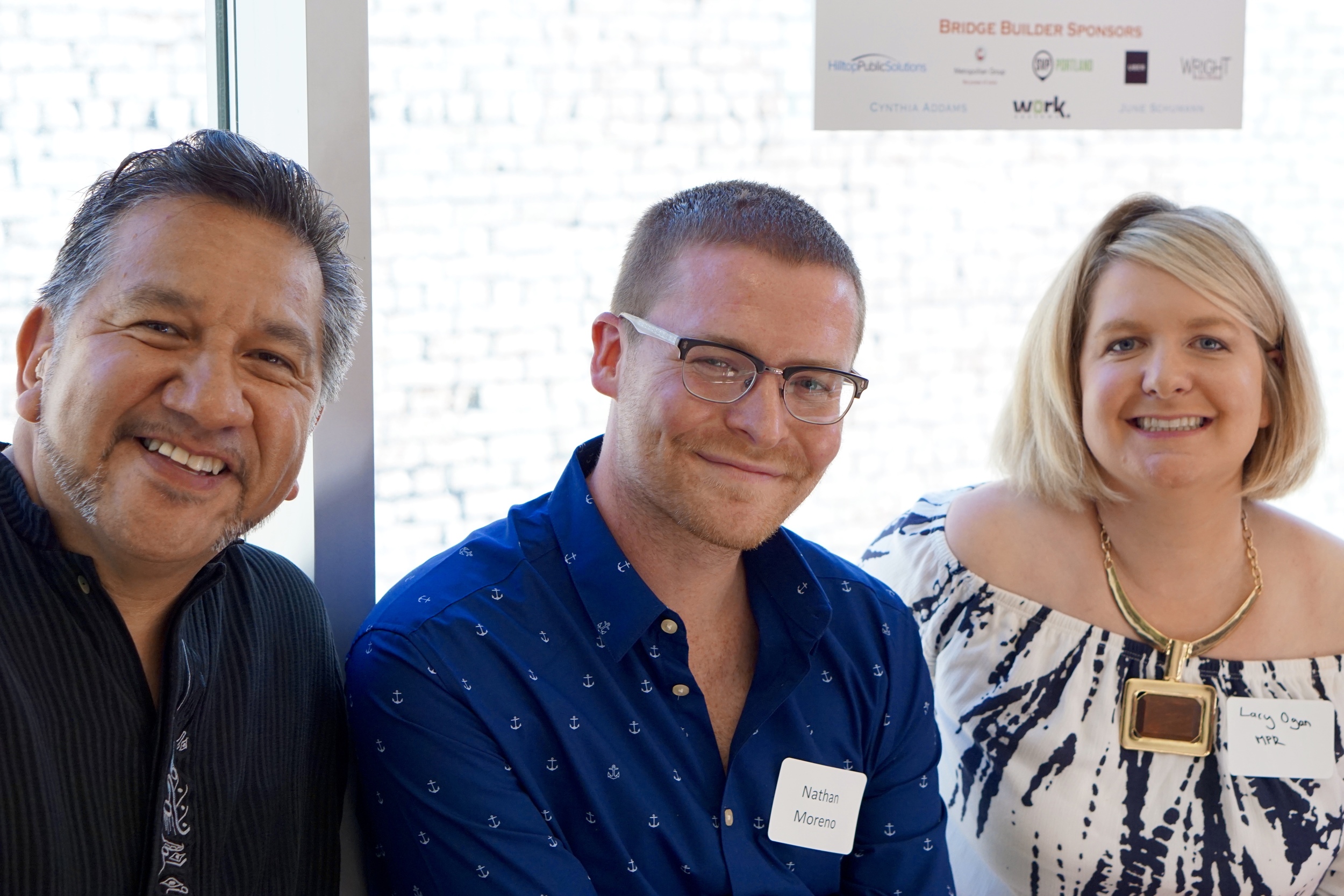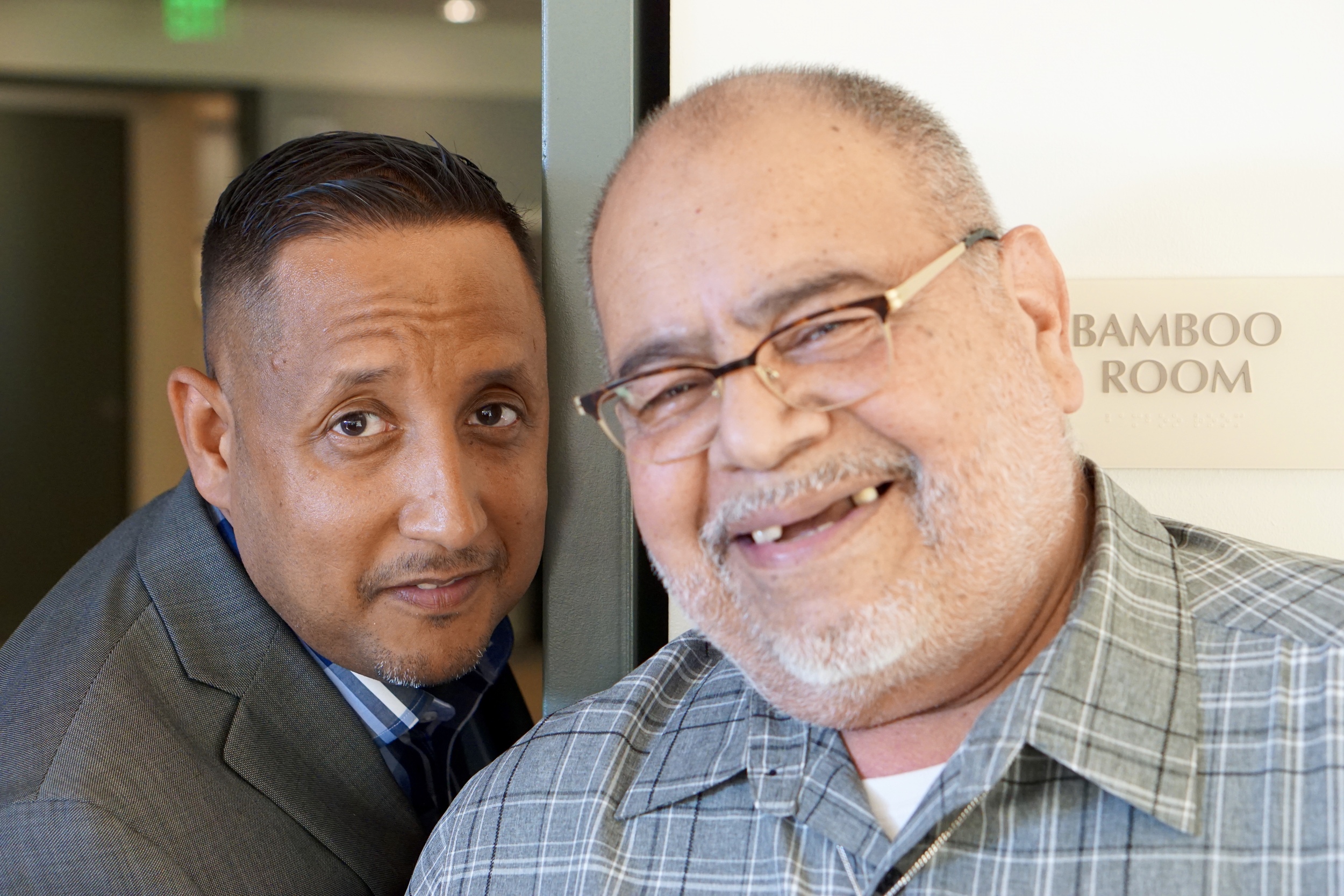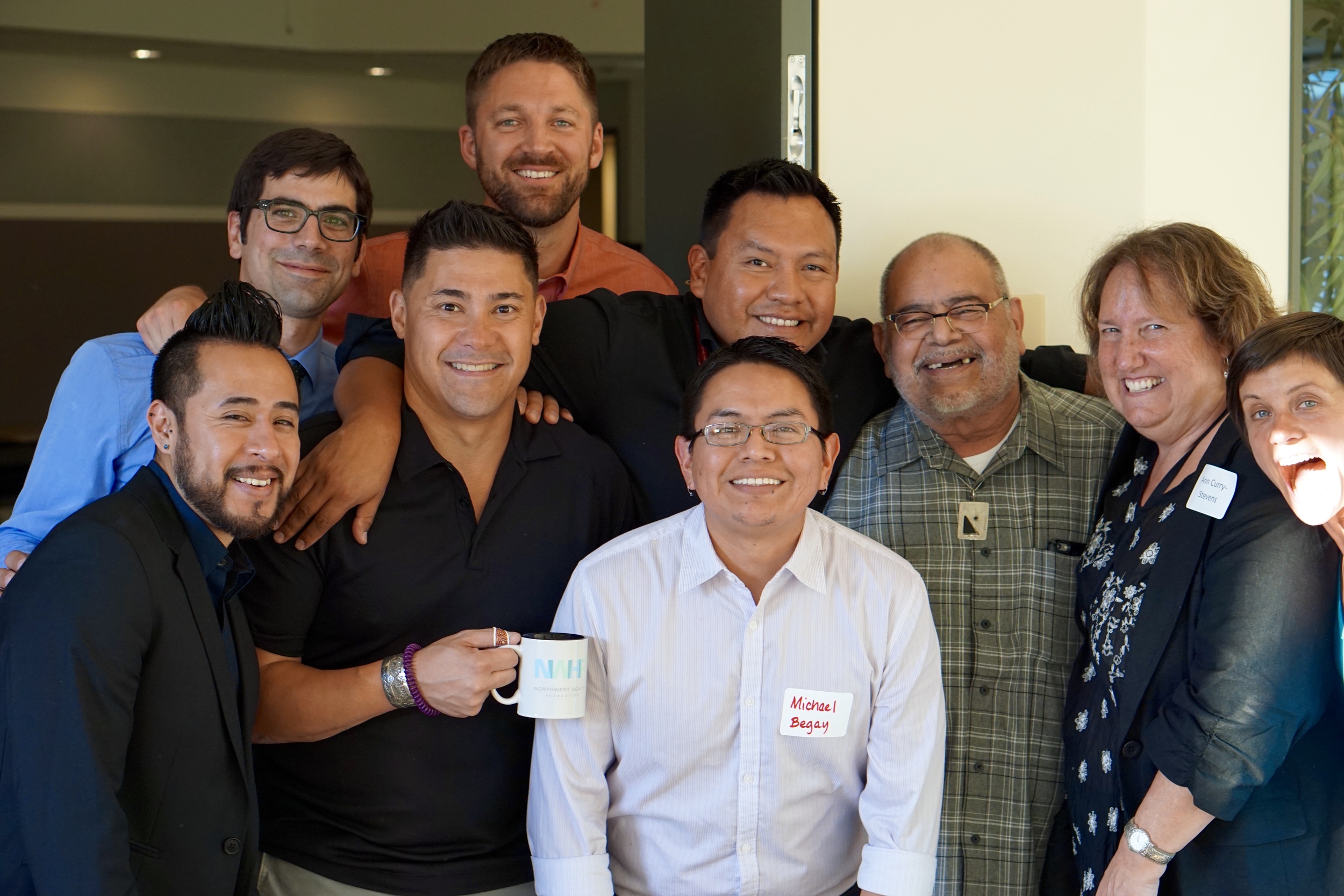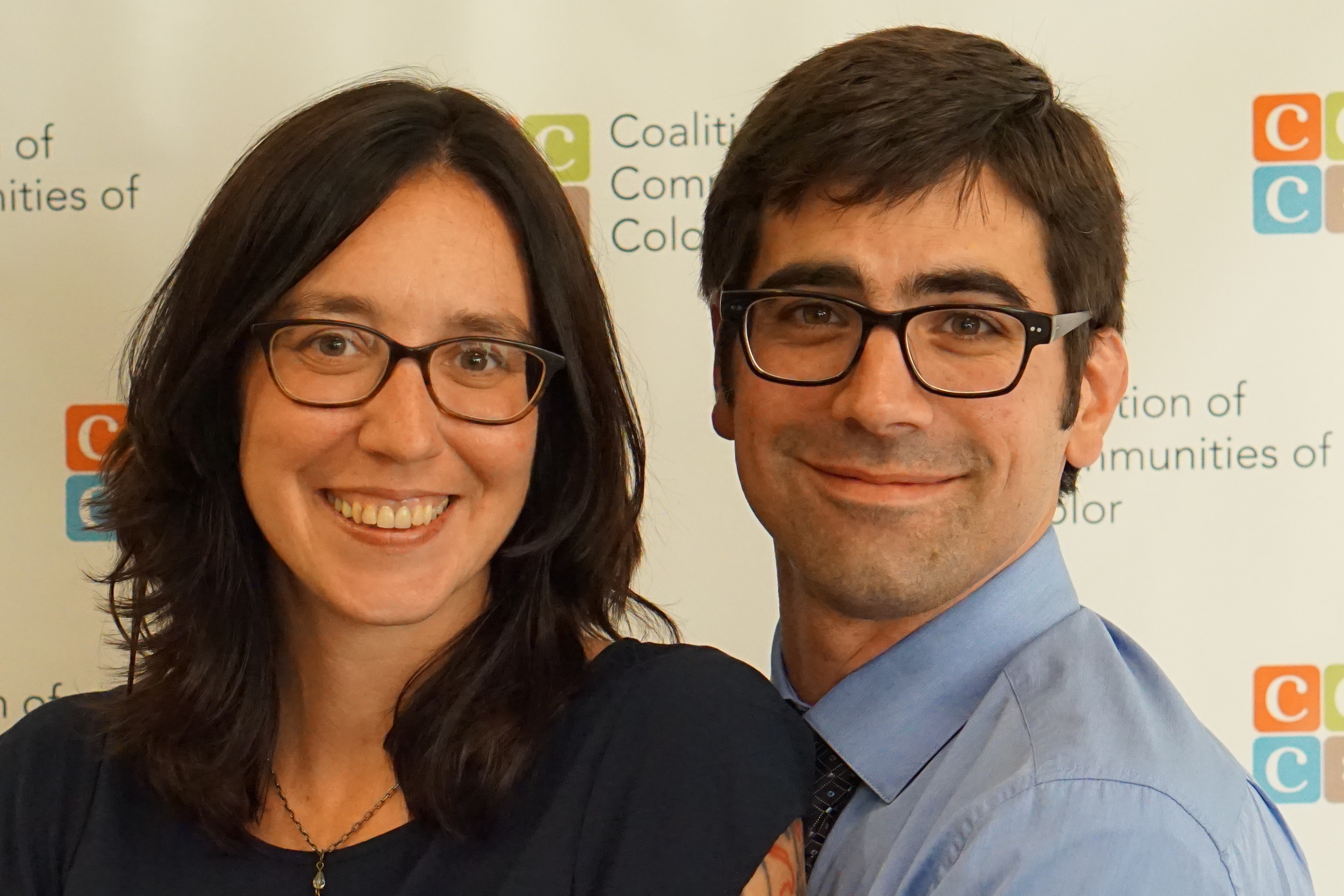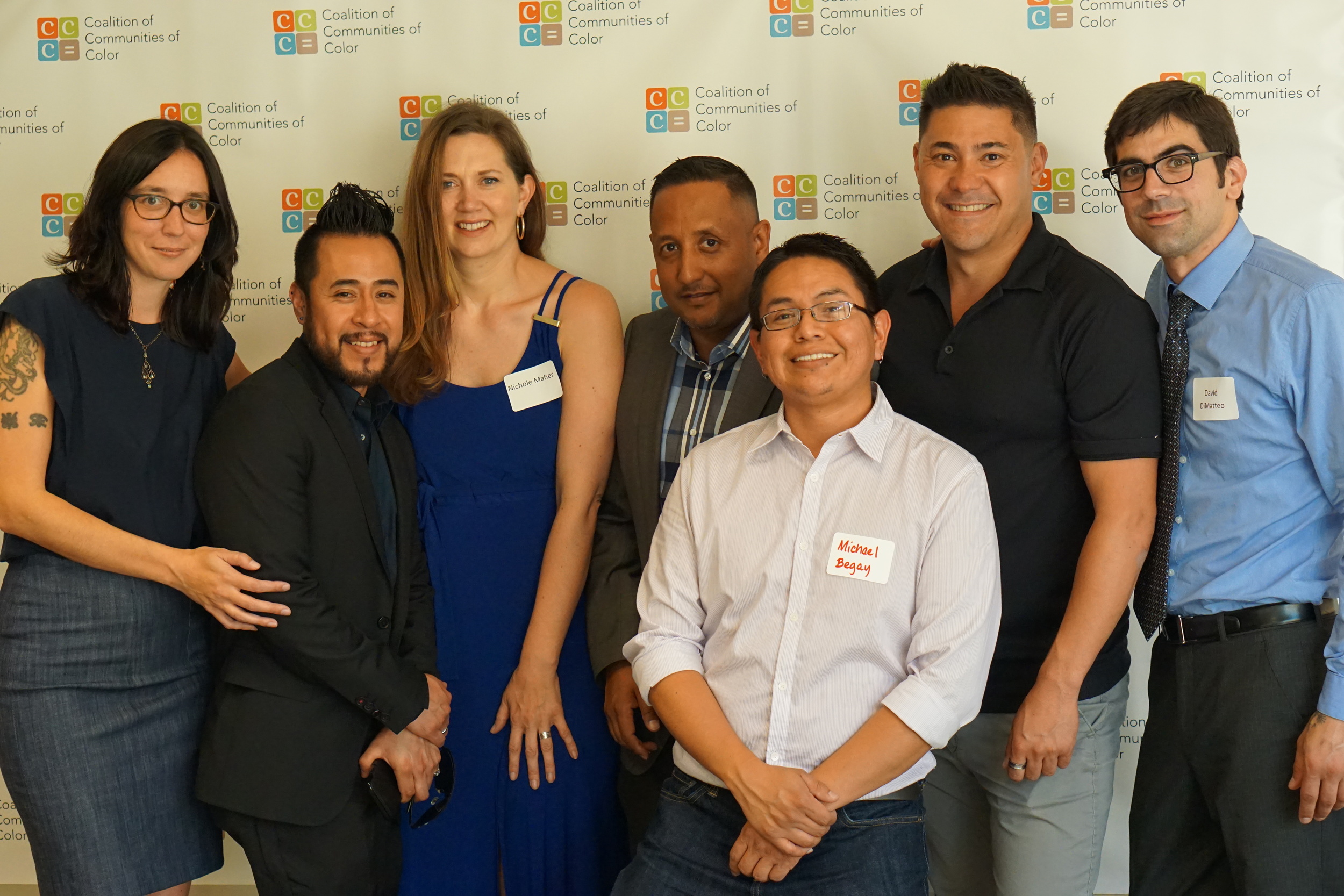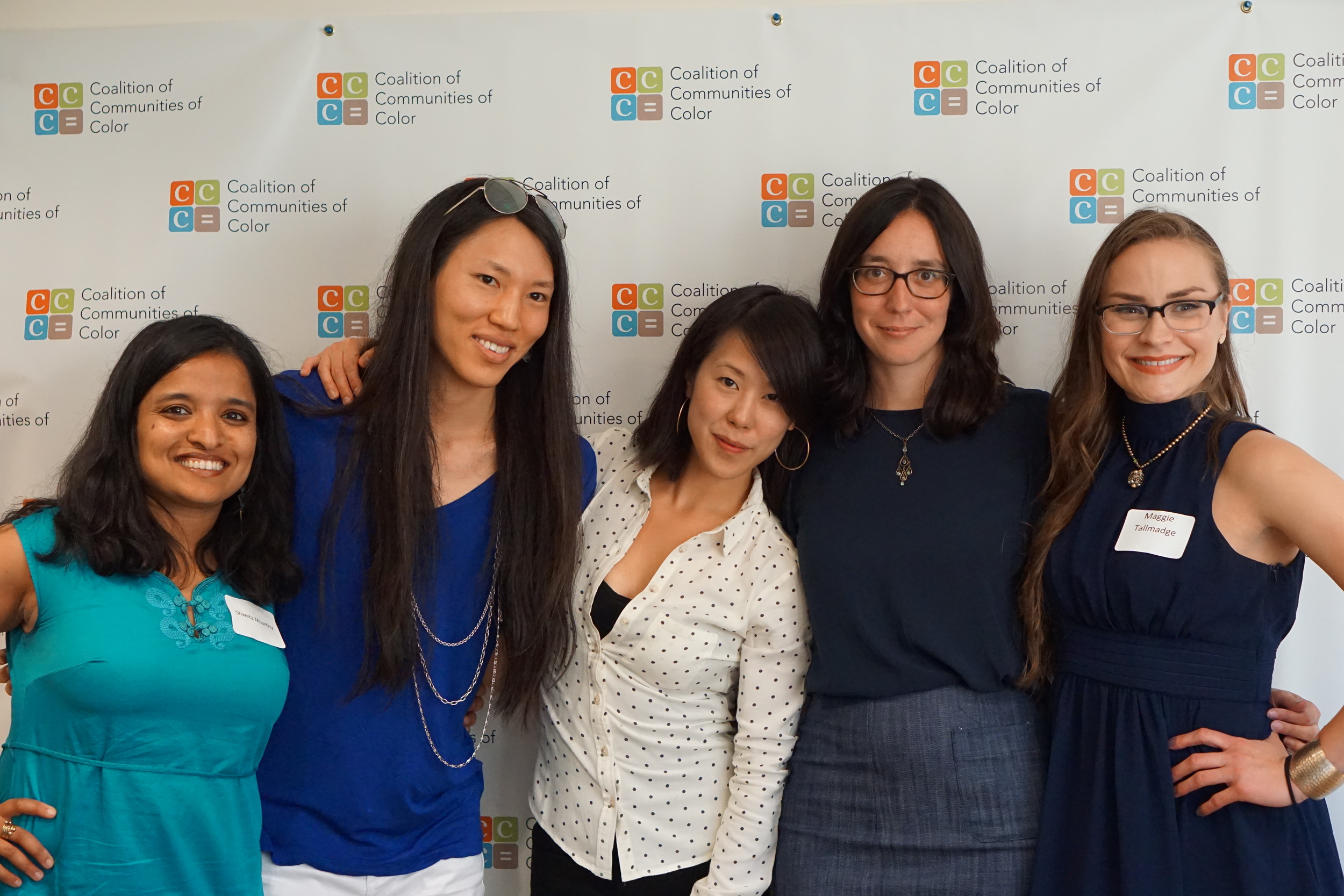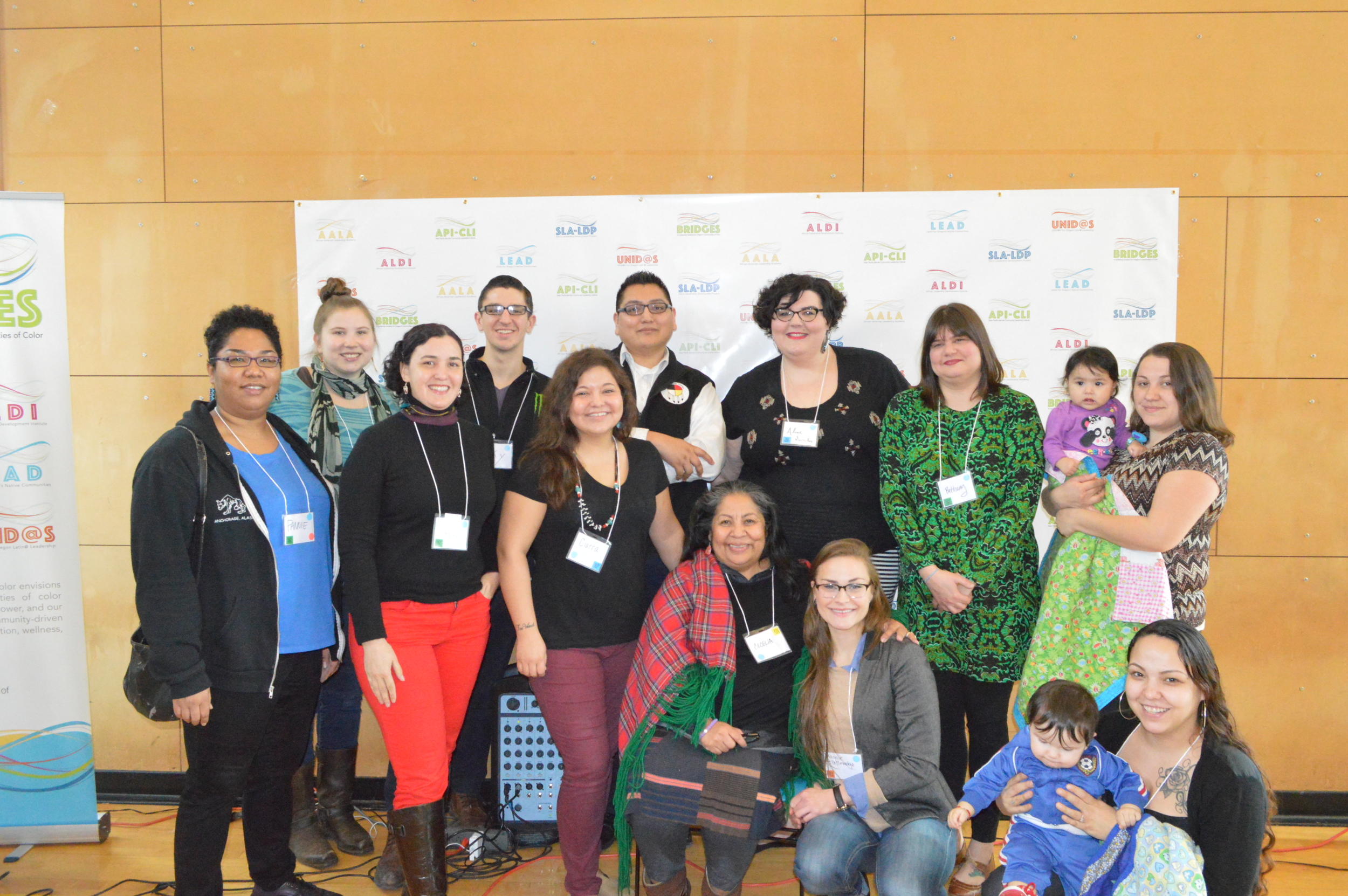Research End of Year Update
The Coalition of Communities of Color (CCC) adopts a ‘research justice’ framework that centers communities of color as the experts of their lives and acknowledges their right to self-determine, their priorities, and their right to impart that as authoritative knowledge to policymakers and other audiences. This year the CCC hired a full-time researcher to lead our data and research strategy as well as implement culturally appropriate data and research projects that advance racial justice.
In the last nine months, the CCC has launched a multi-stakeholder community-based participatory research project into the lived realities of communities of color in Washington County. Also, the CCC is continually exploring collaborative and consultation opportunities focused on culturally appropriate and equitable data projects with institutions of higher education and local governments.
After the tremendous impact of CCC’s An Unsettling Profile research series in Multnomah County, we are leading the first comprehensive community-based research project about the state of racial equity in Washington County. We are seeking to shift common understandings of racial equity from a deficit framework of perceiving communities of color as victims to a strength-based approach that allows communities of color to identify their strengths and sources of resilience and re-frame racial disparities as repercussions of institutional racism that are barriers to their well-being.
The CCC has also been invited to consult on data gathering and collection projects by Portland State University (PSU), Joint Office of Homeless Services (JOHS), Oregon Health Authority (OHA) and West Multnomah Soil and Water Conservation District (WMSWCD). The CCC is on OHA’s ad-hoc Race, Ethnicity, Language And Disability (REALD) committee to ensure that state and county health datasets collect culturally appropriate data and that the great community advocacy that had led to the adoption of REALD is sustained. We are also working in collaboration with PSU to recommend the best methodologies to JOHS to identify homelessness among communities of color. Lastly, we are consulting with WMSWCD to assess racial disparities in their service provision.
Looking forward to 2017, the CCC is committed to providing responsive and strategic research to advance racial justice advocacy and movement building with our communities, member organizations and outside partners.
For more information and questions, please contact Shweta Moorthy, Researcher, at: shweta@coalitioncommunitiescolor.org (503) 200-5722 Ext 555.








